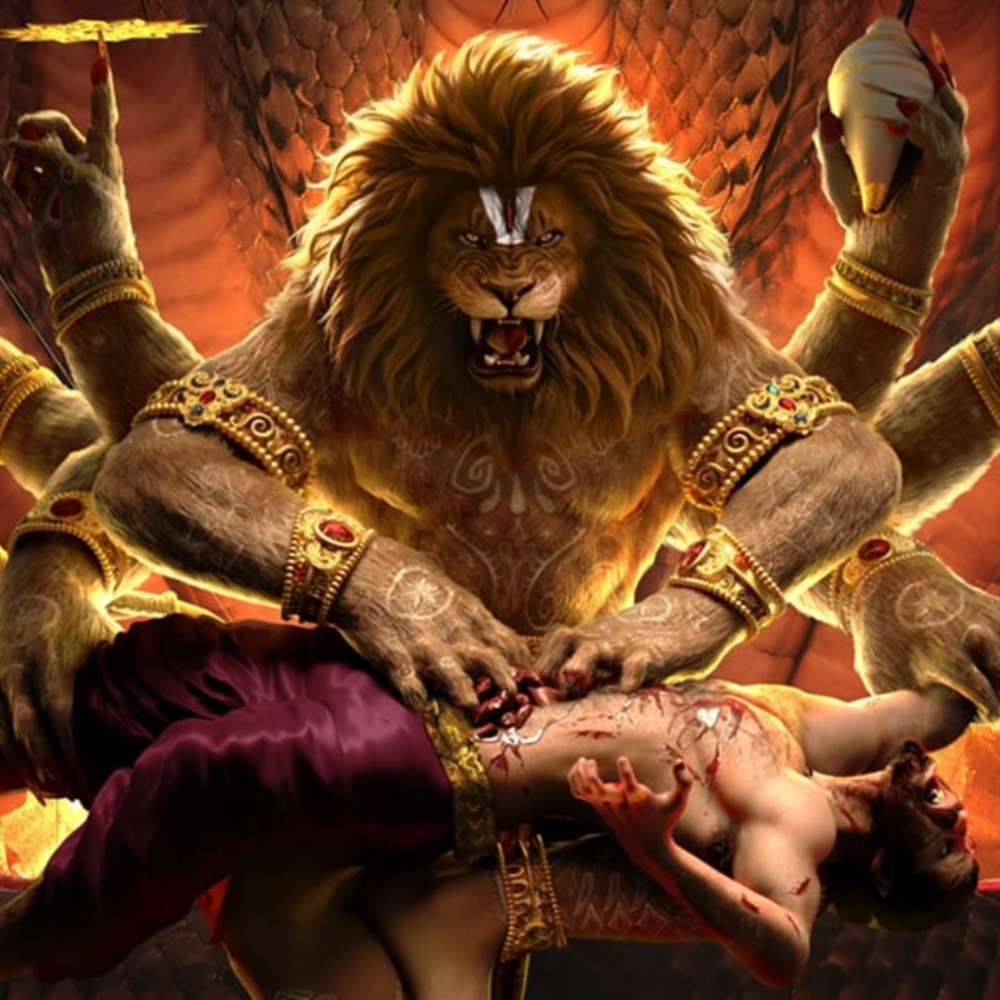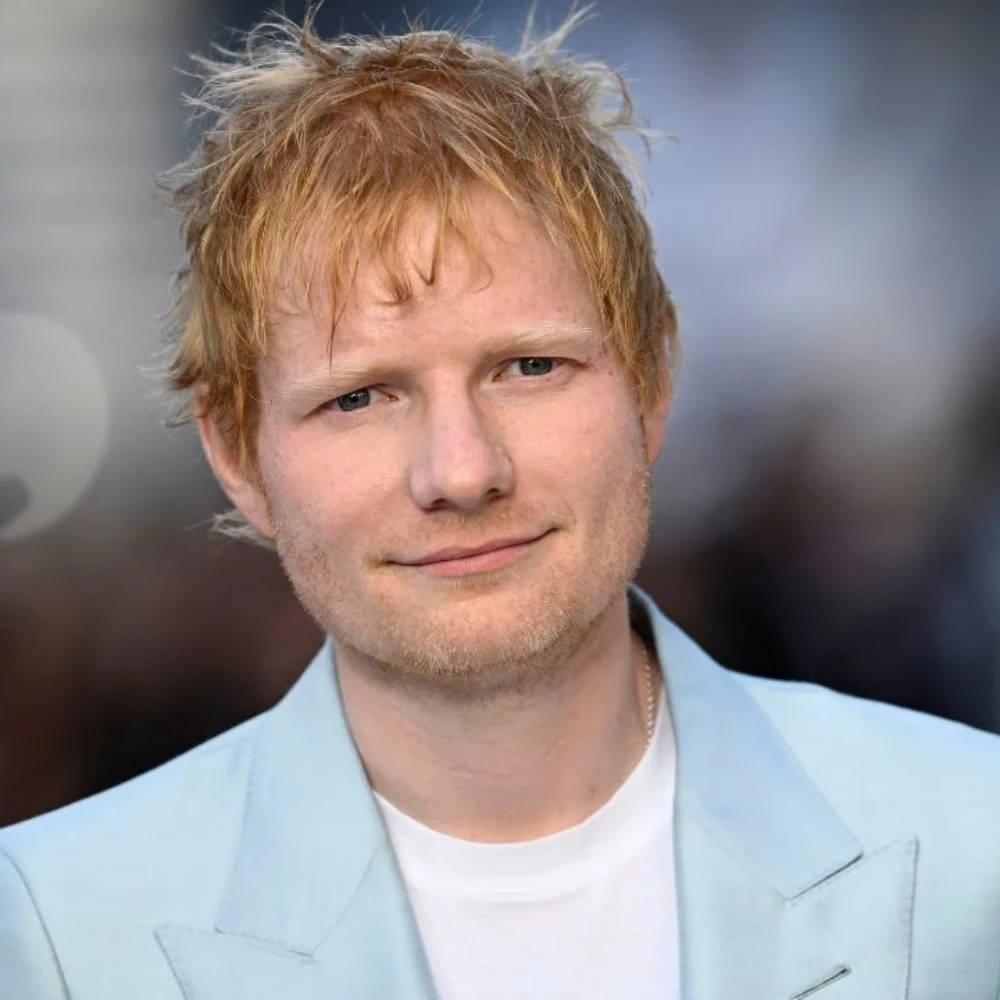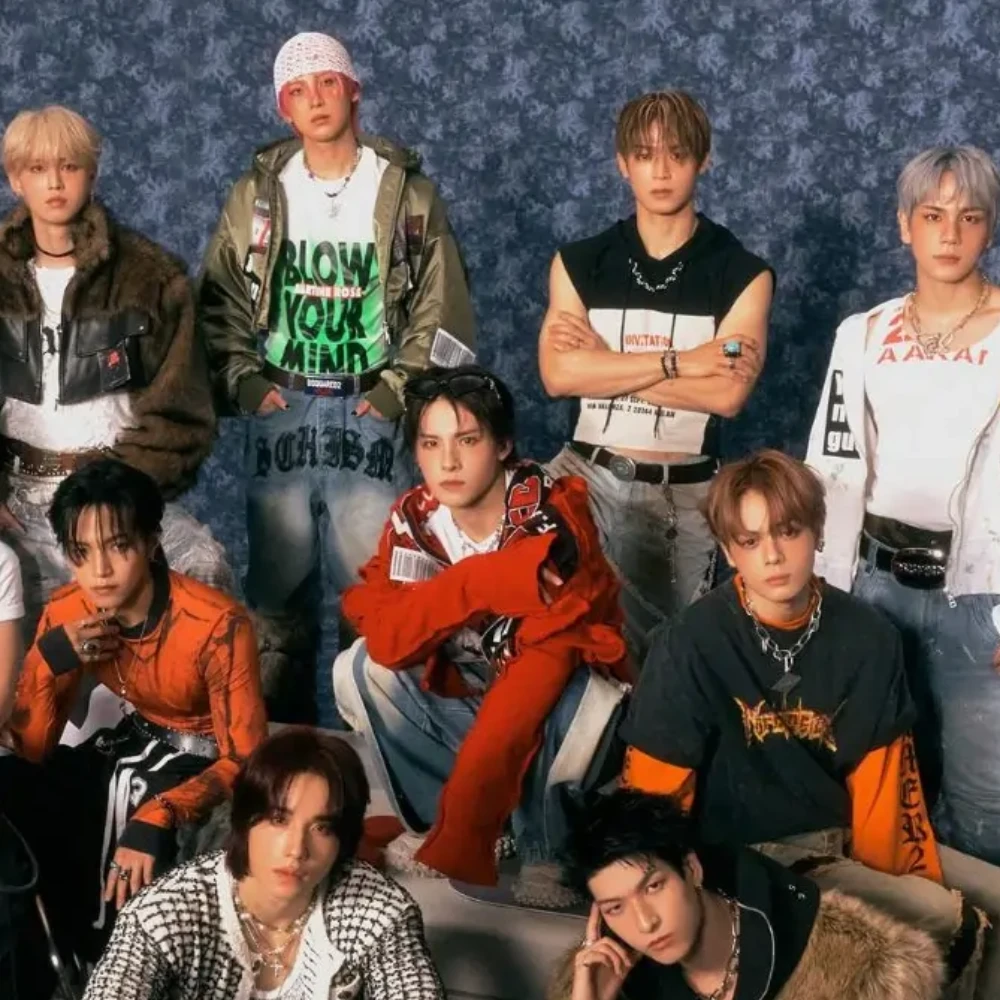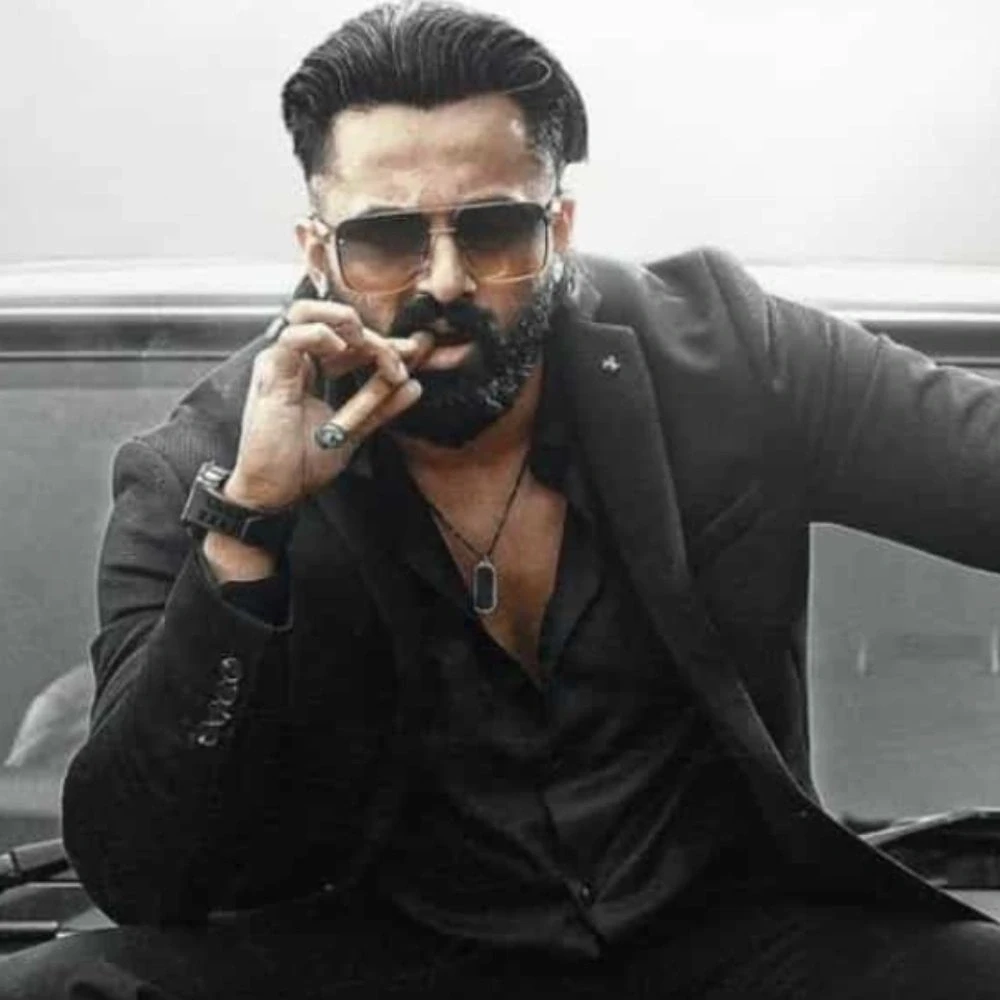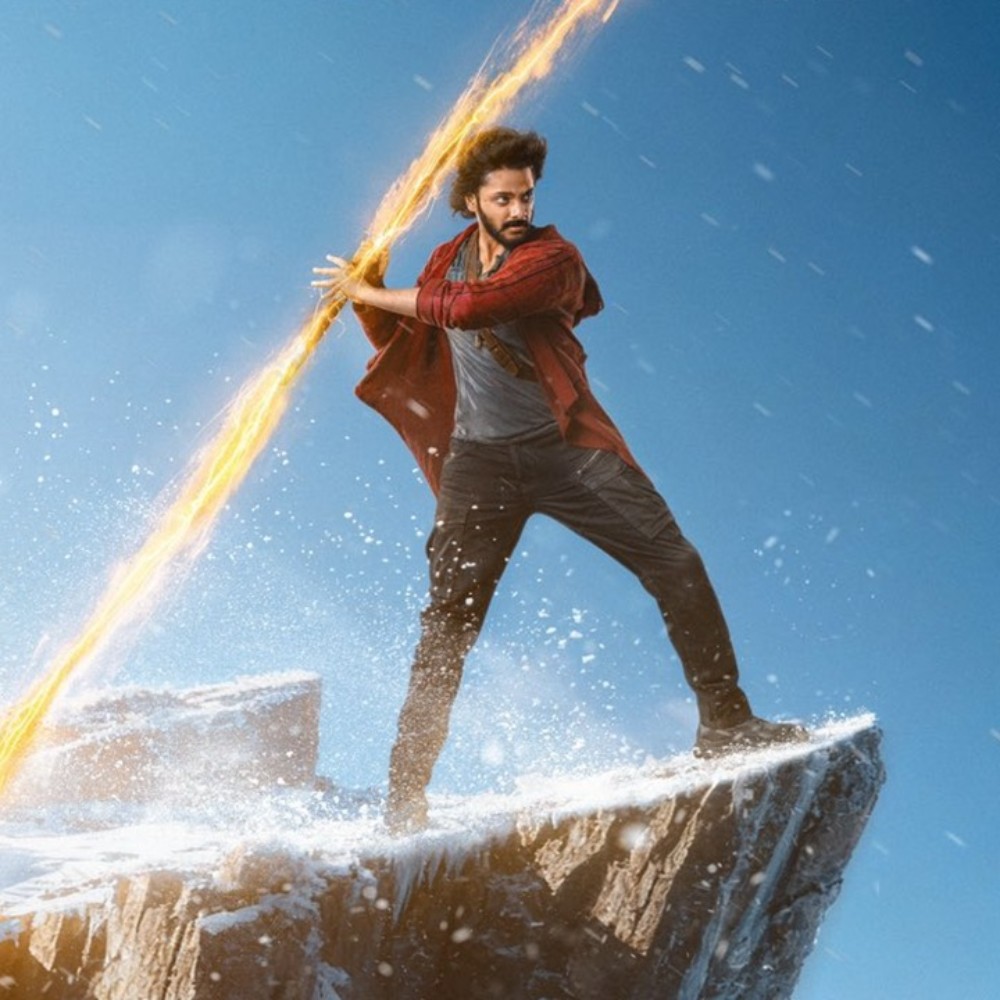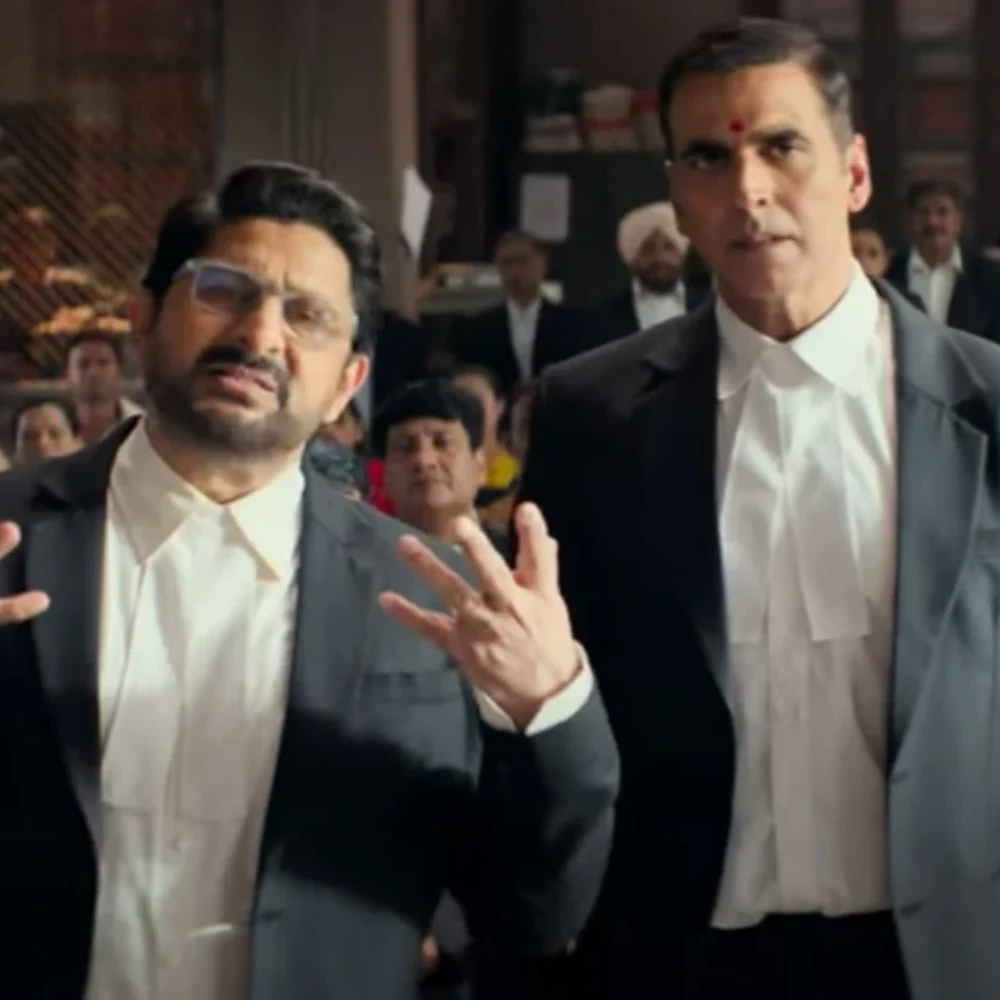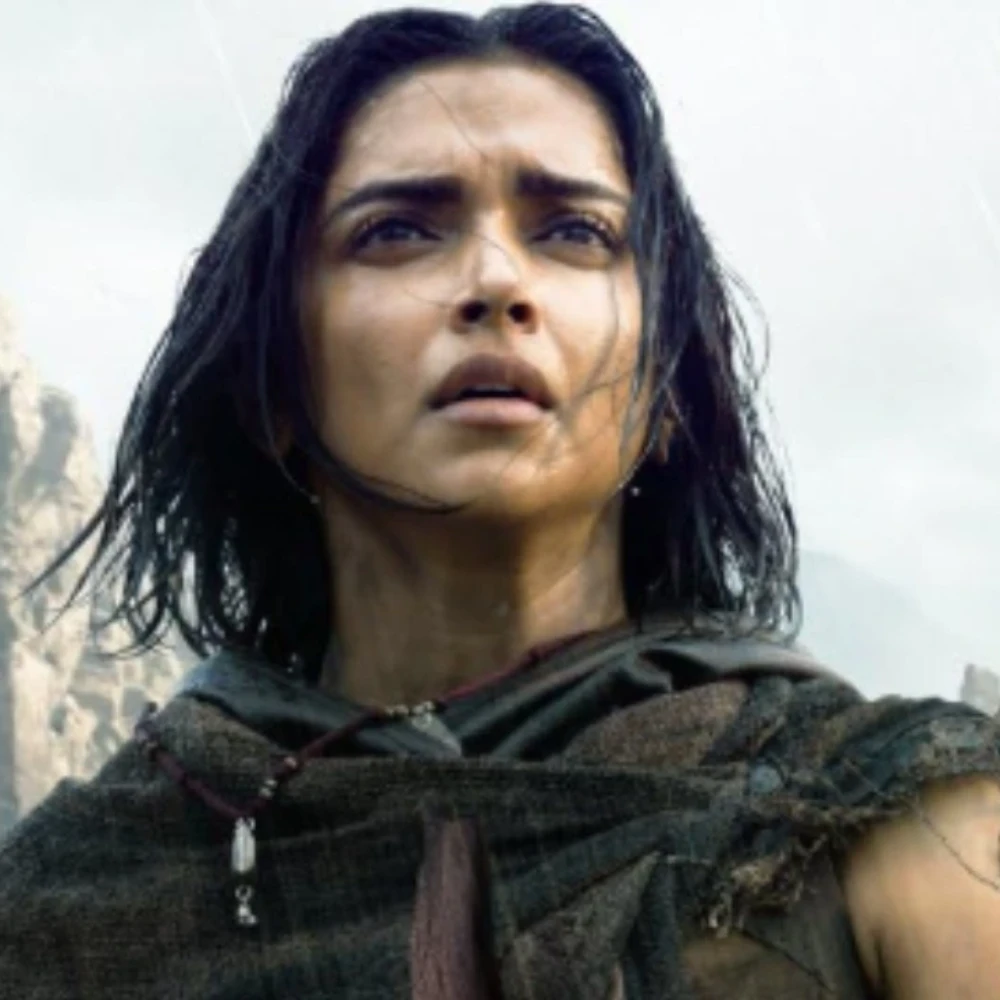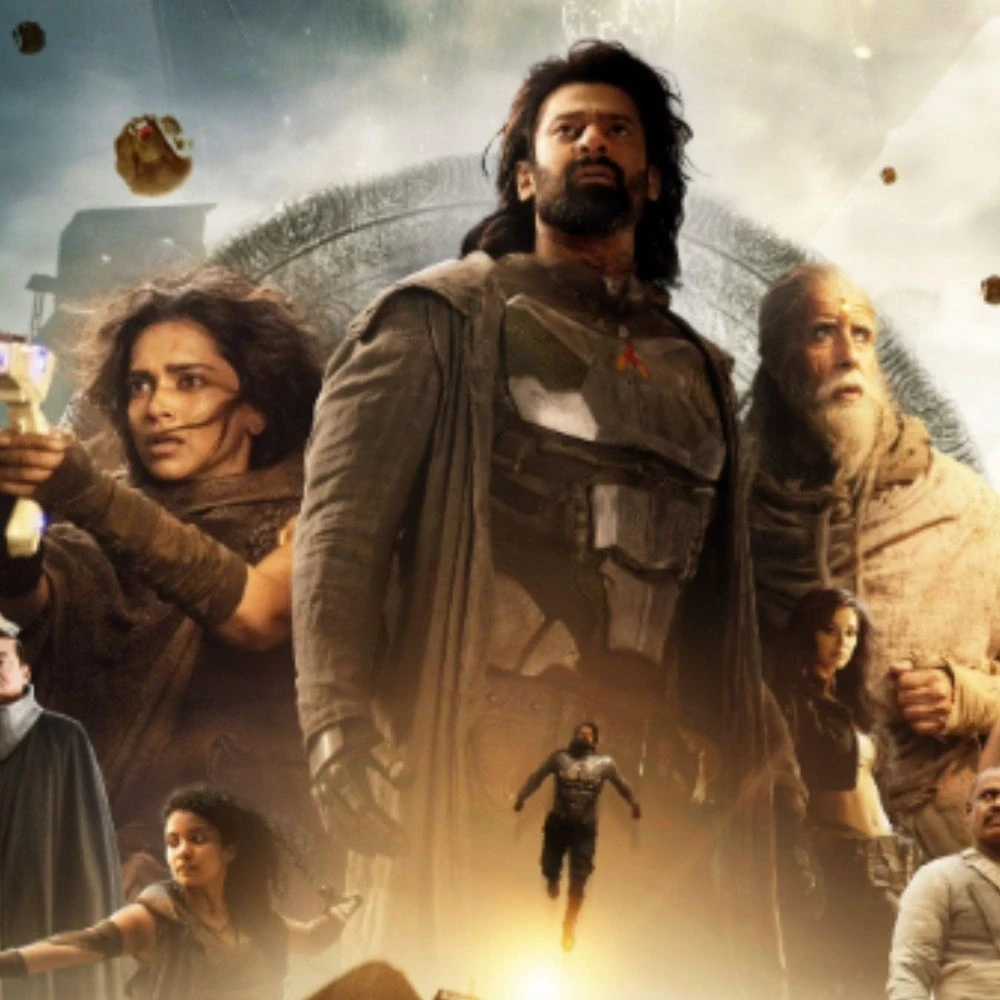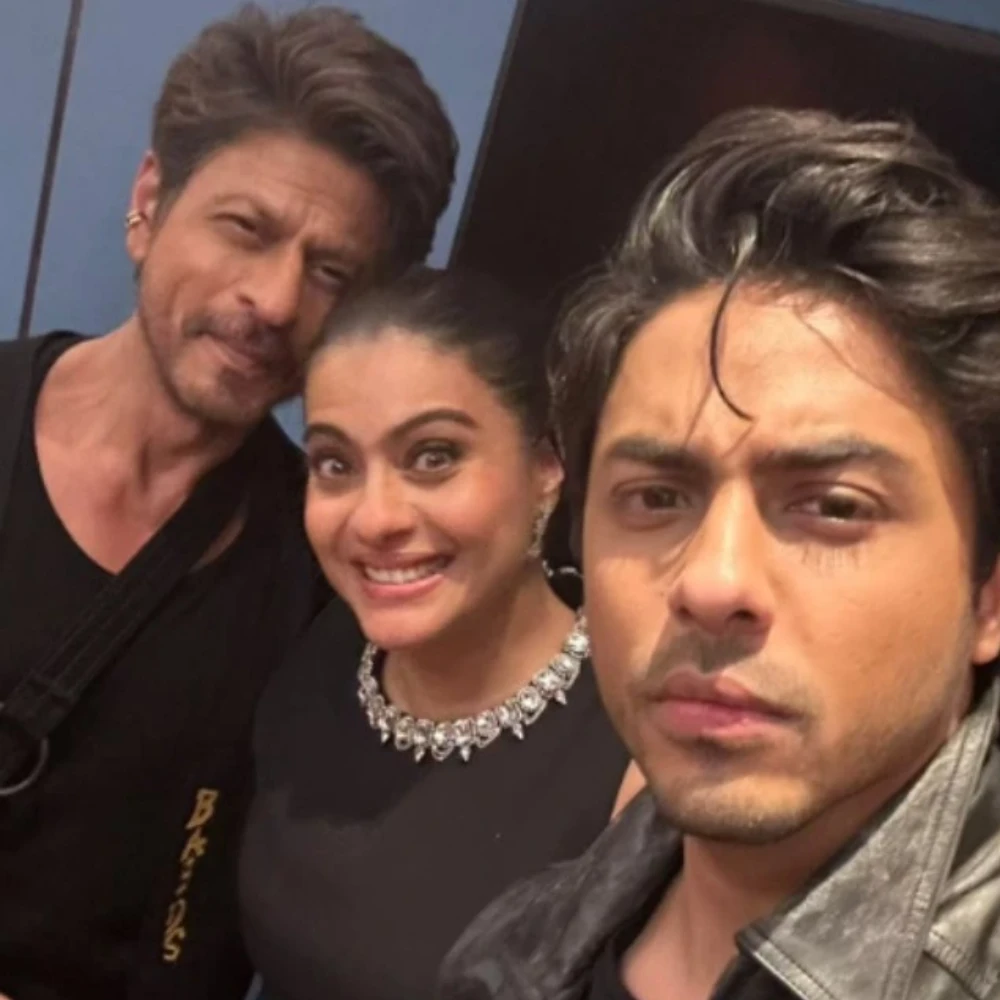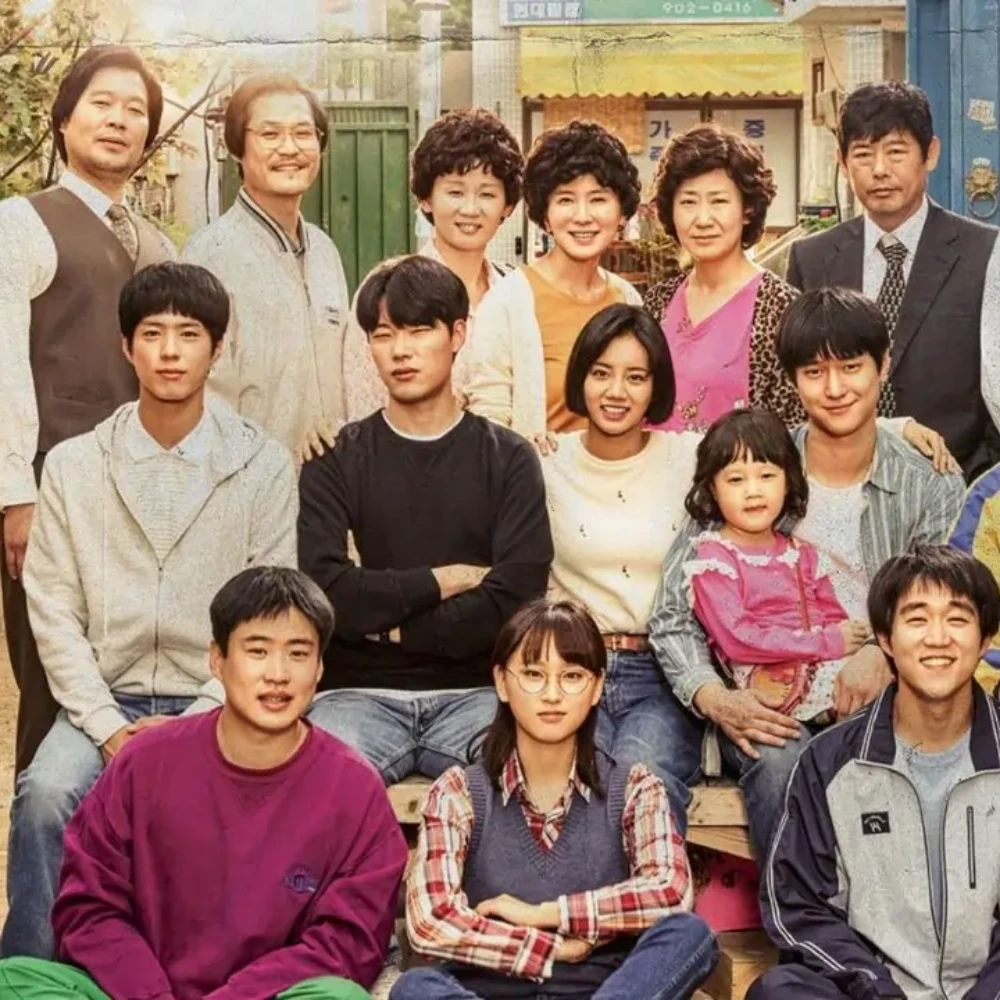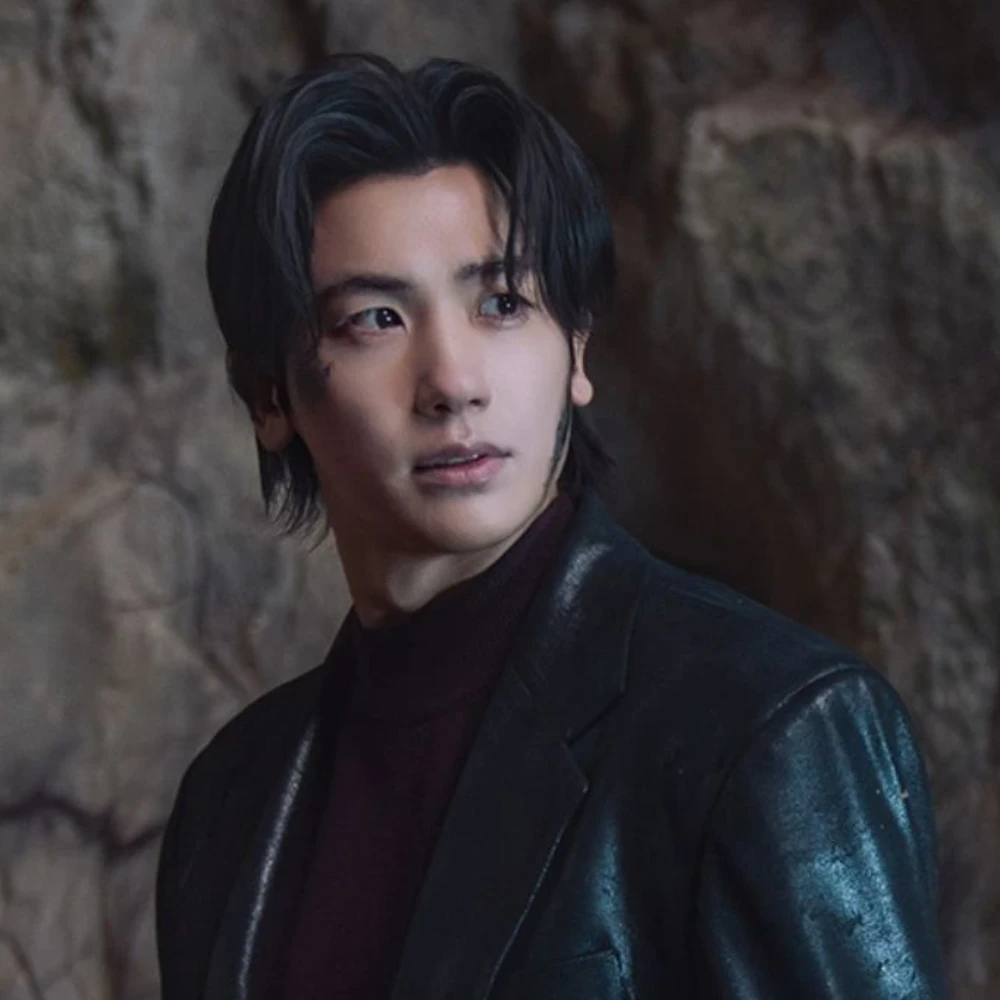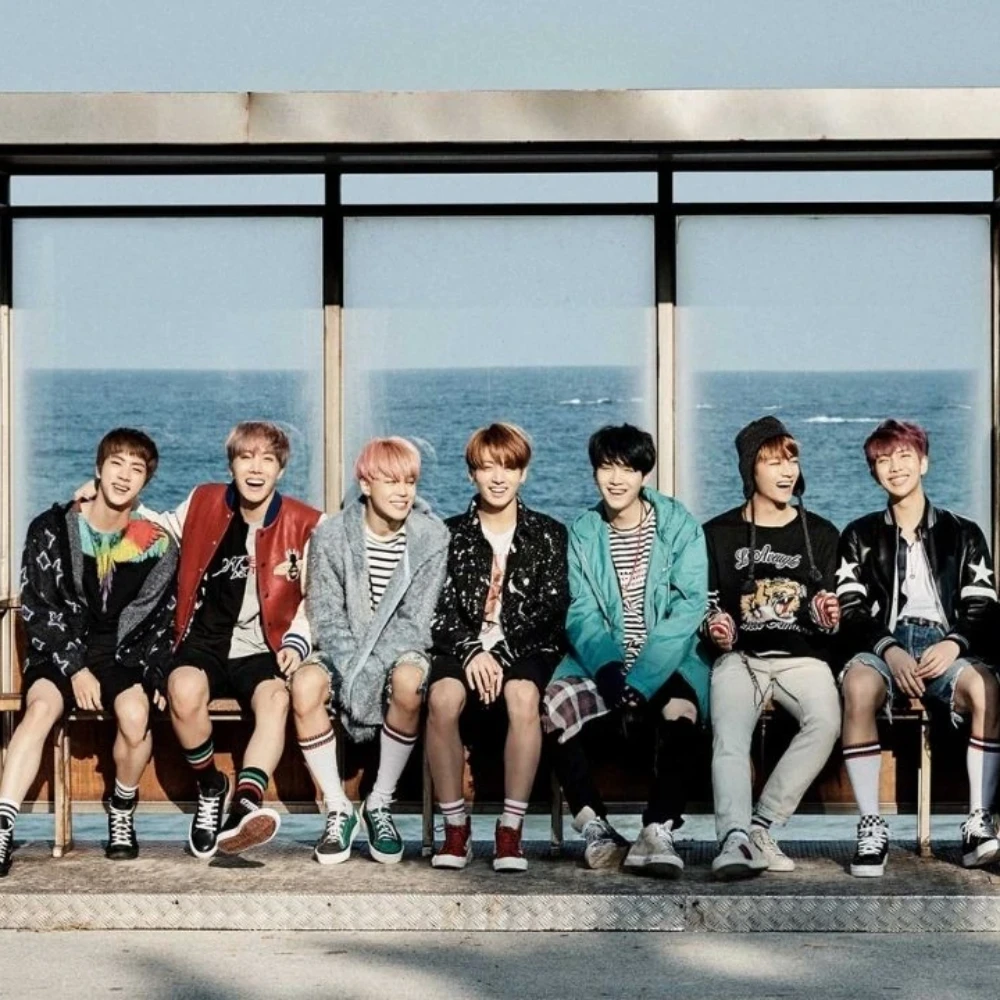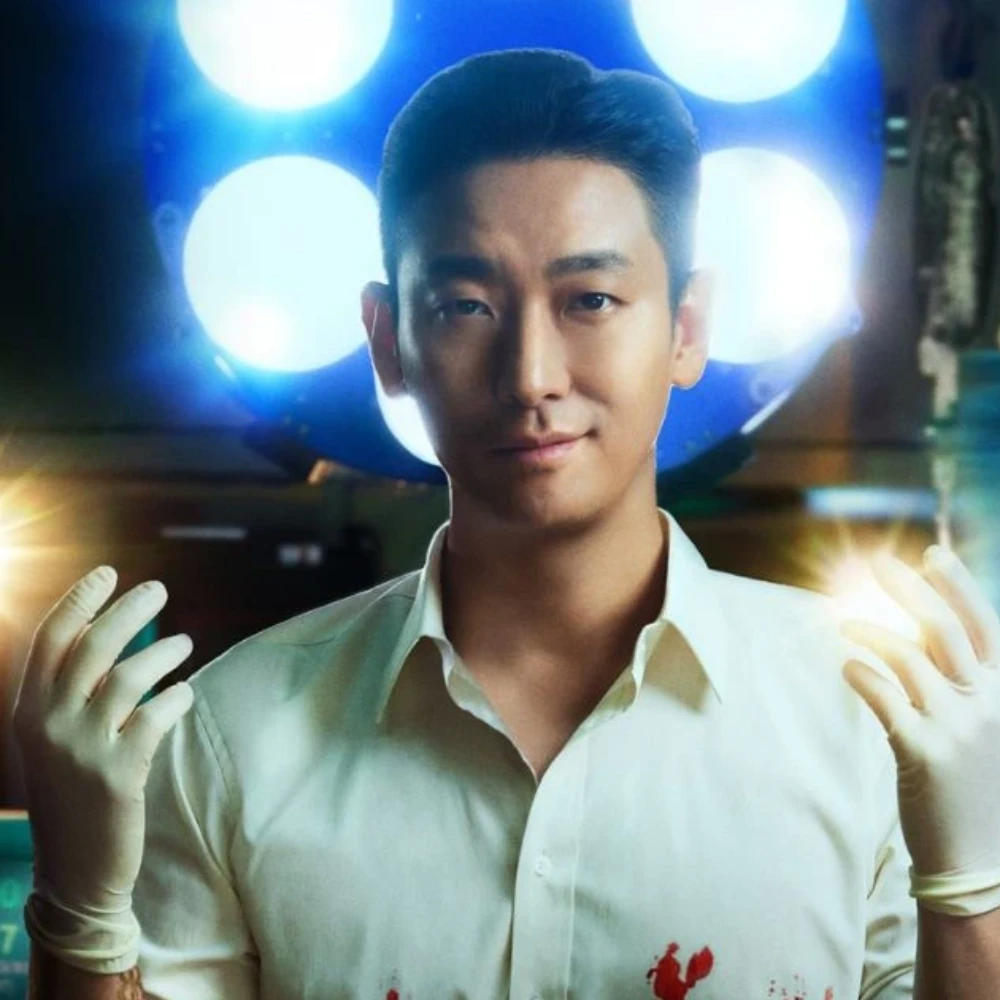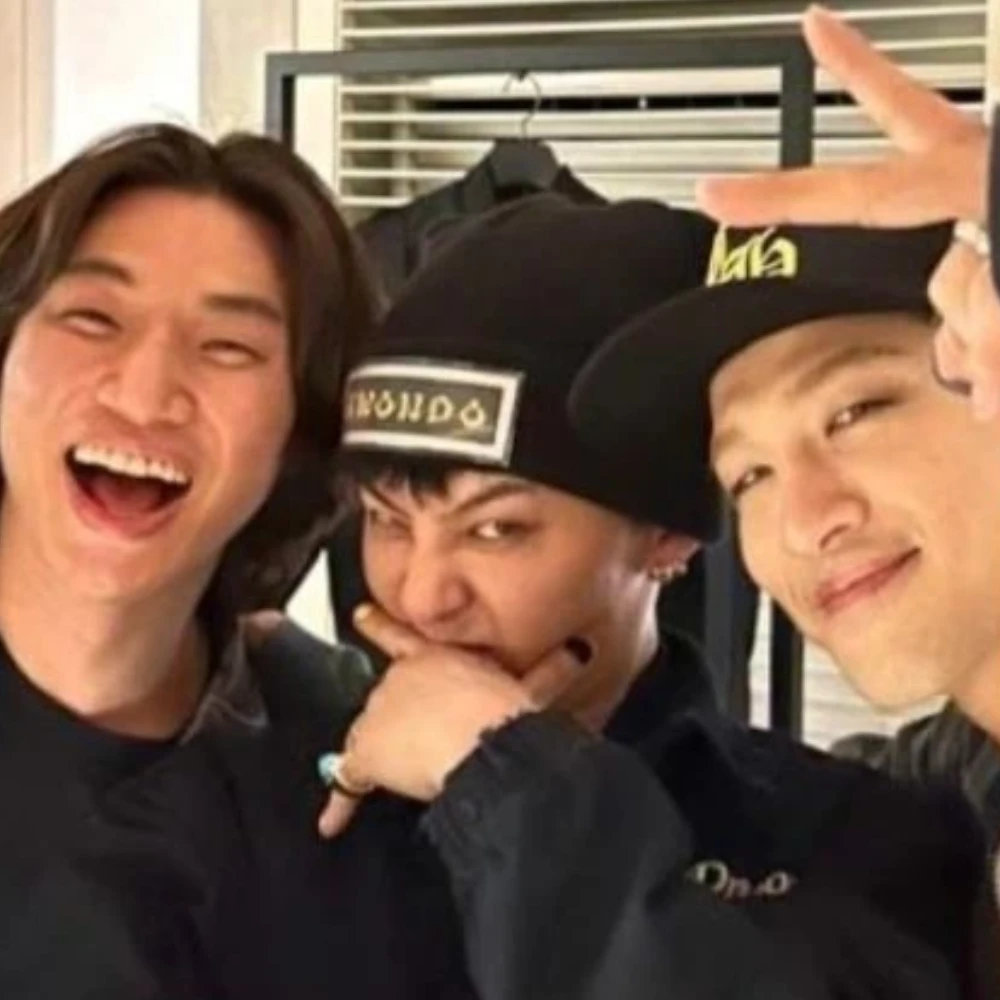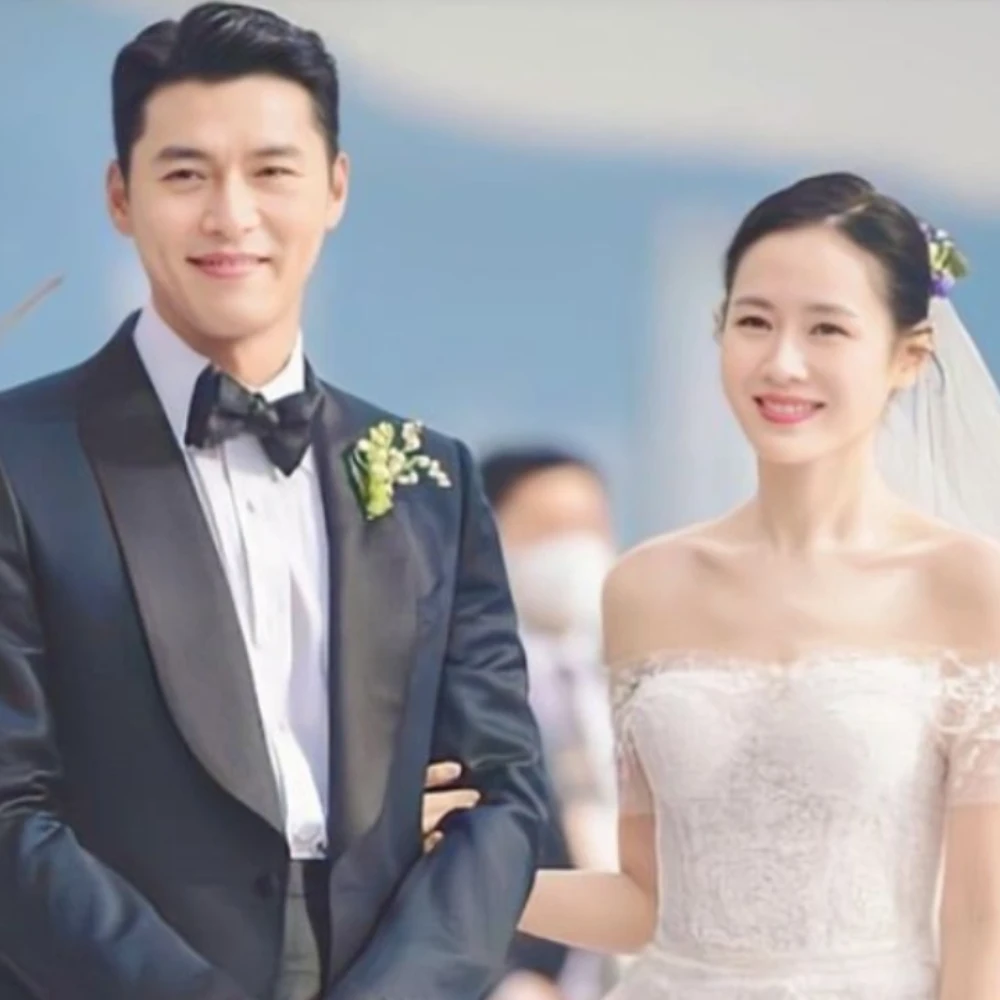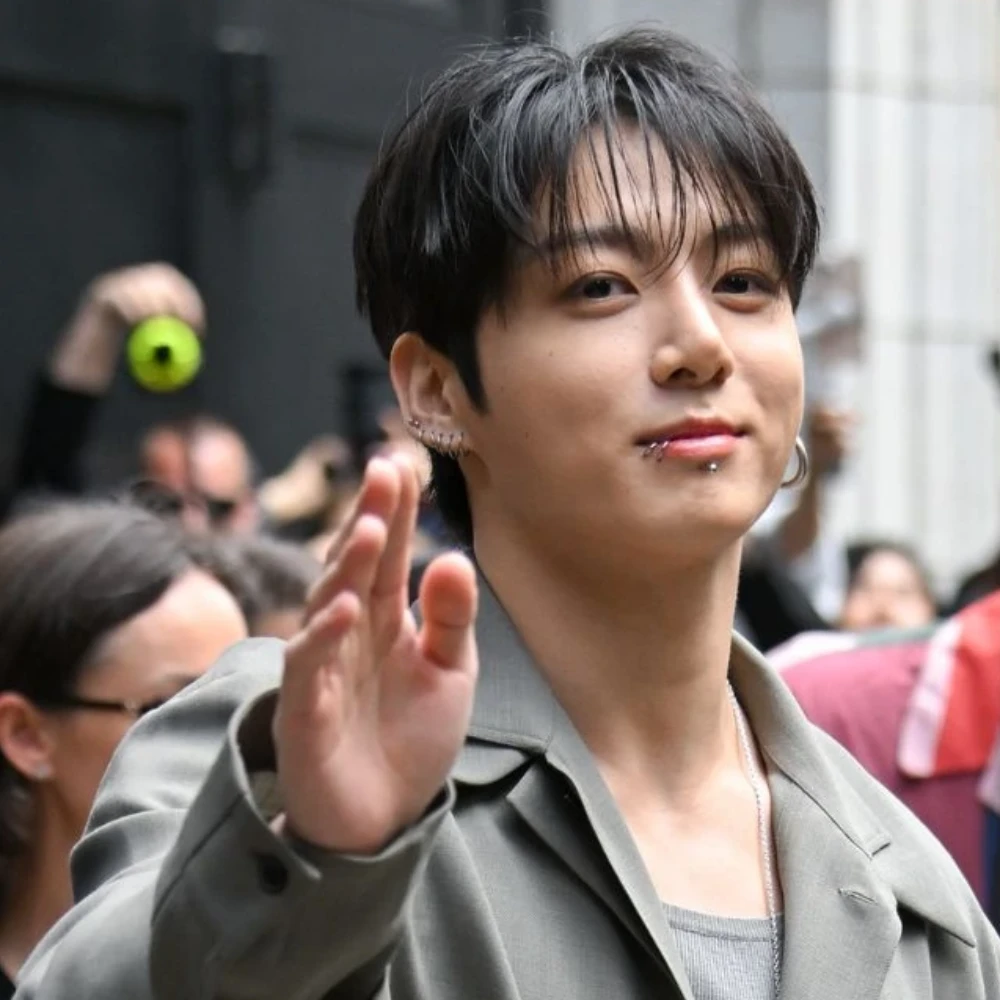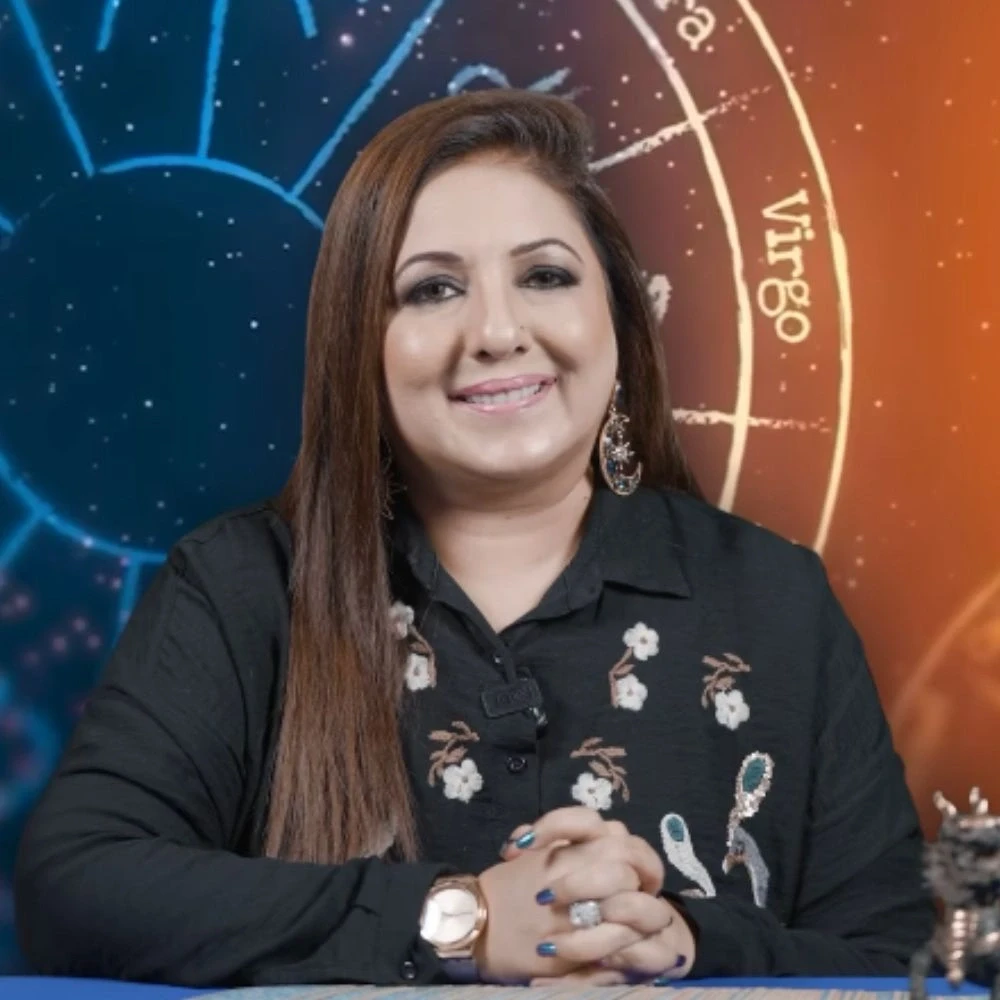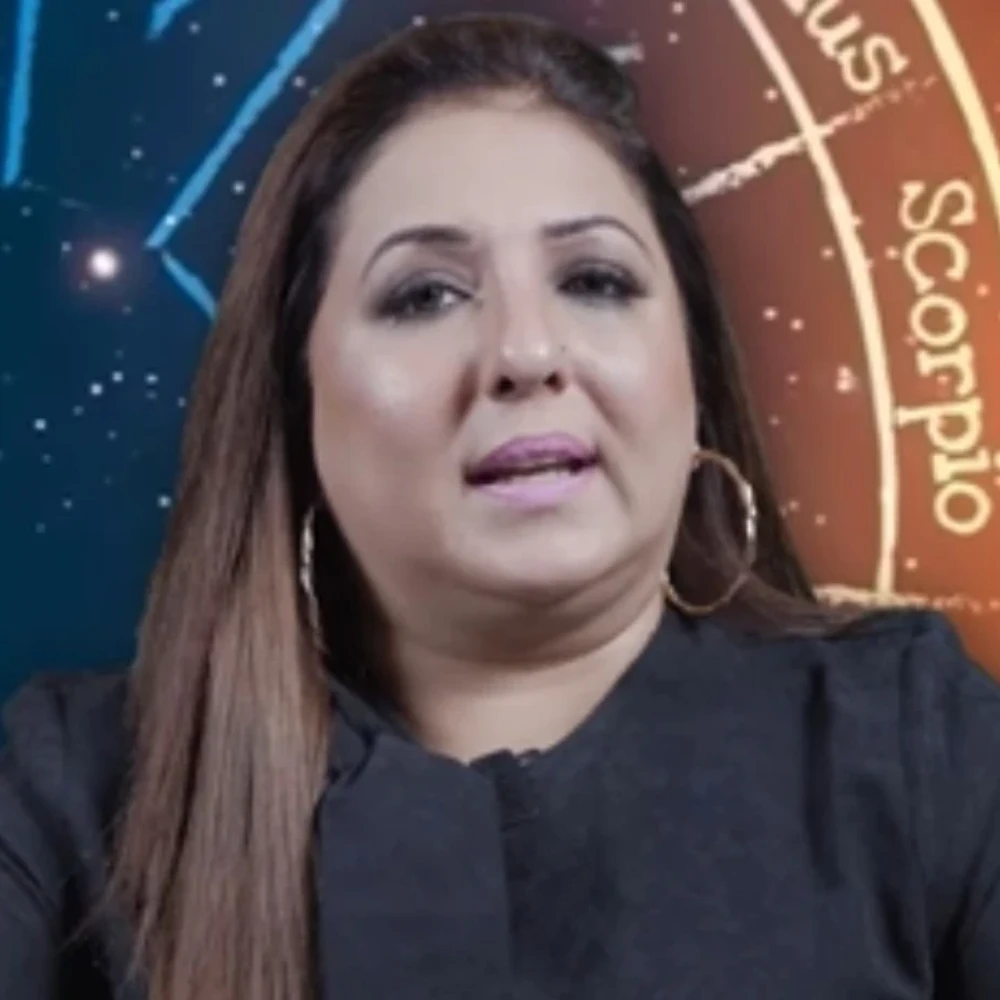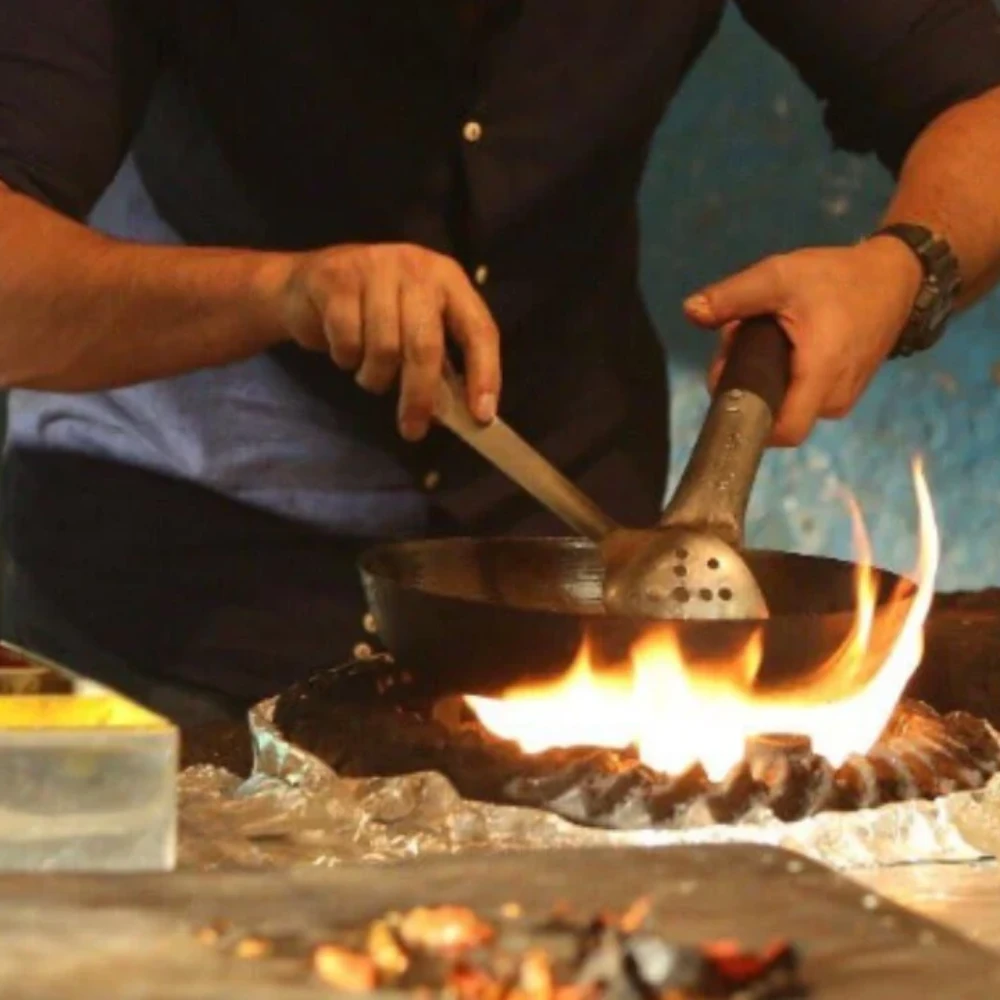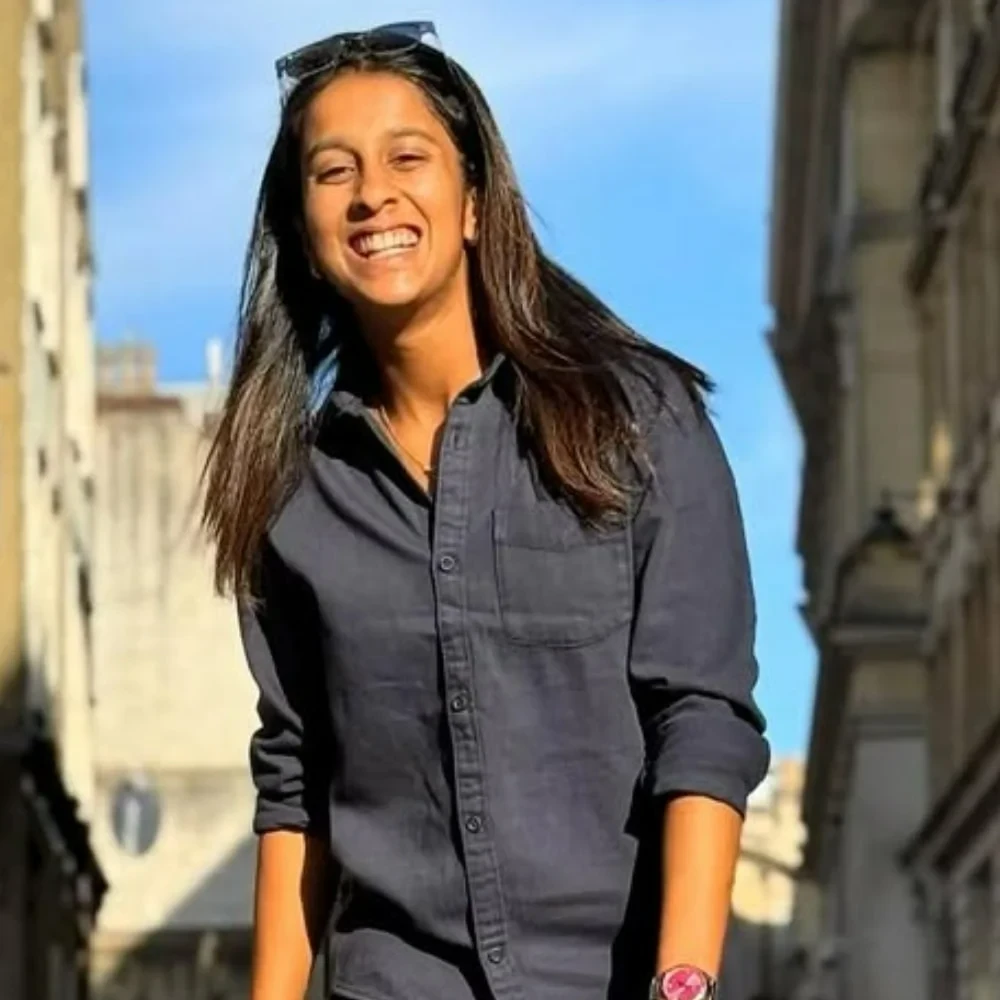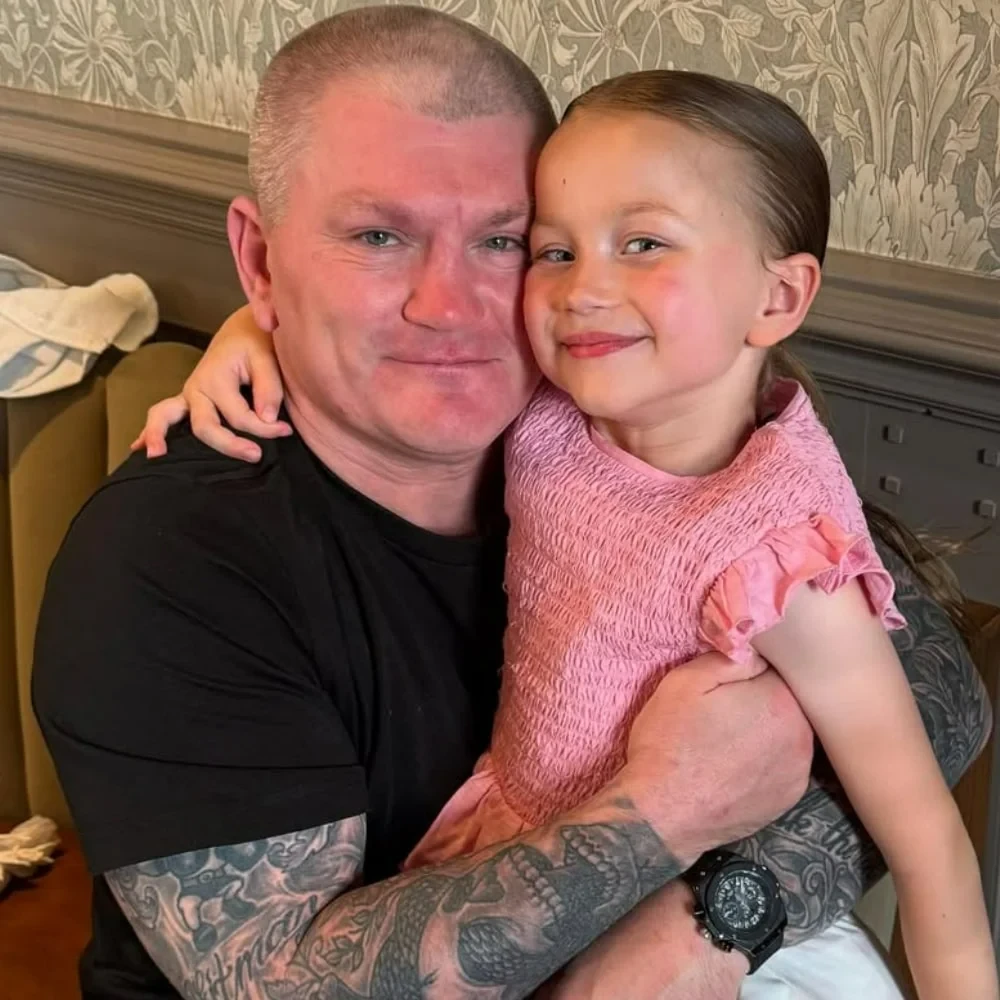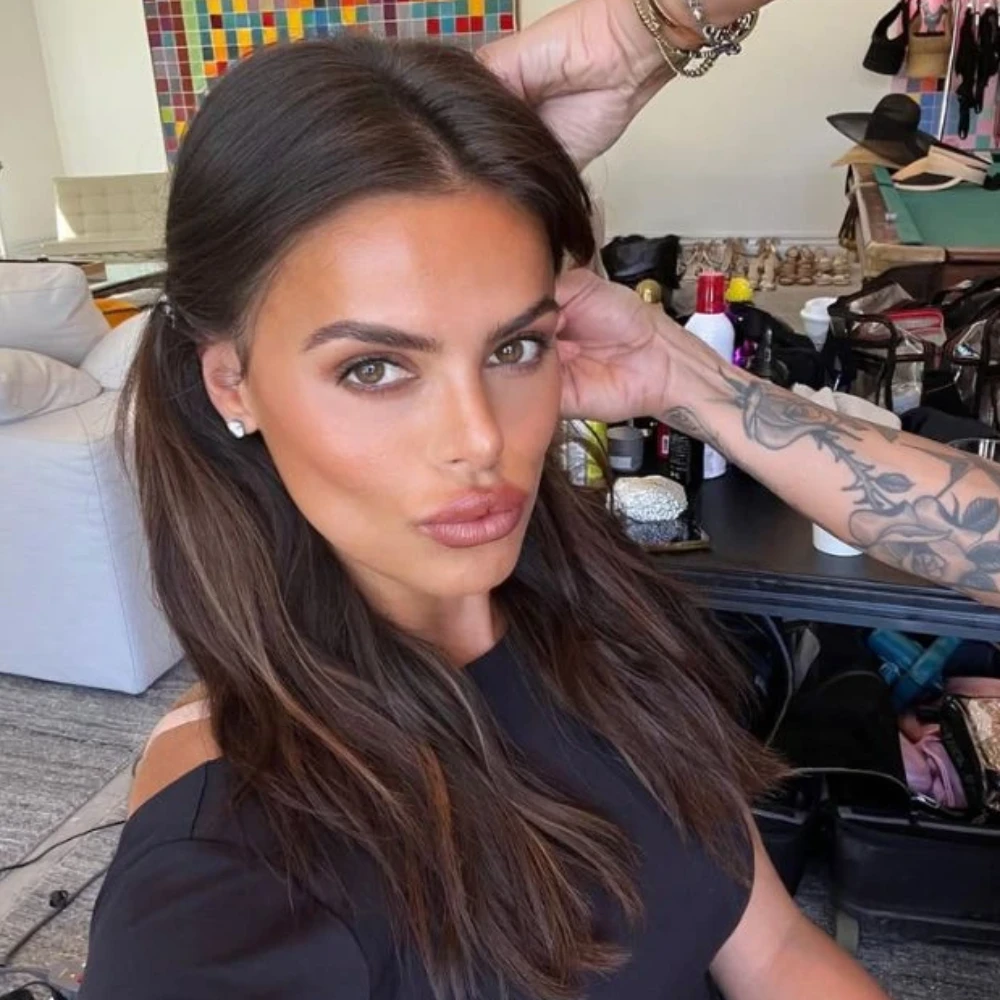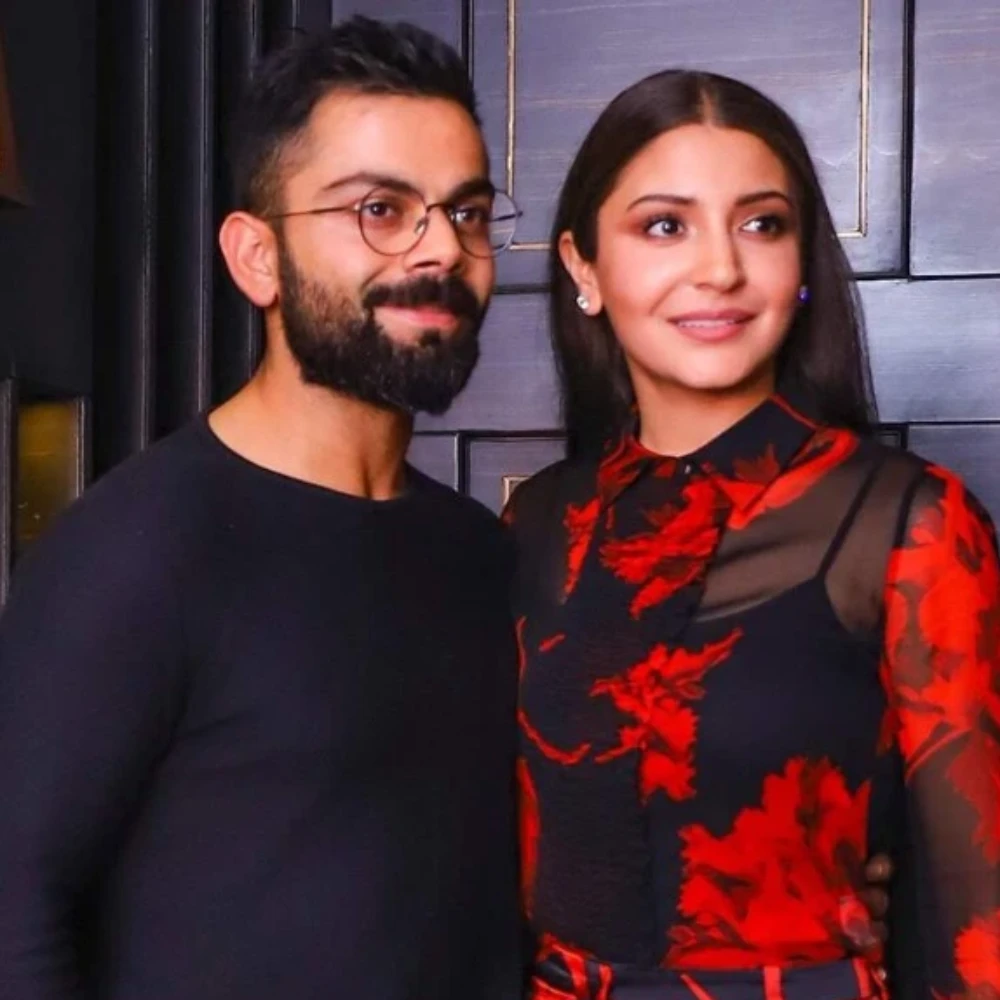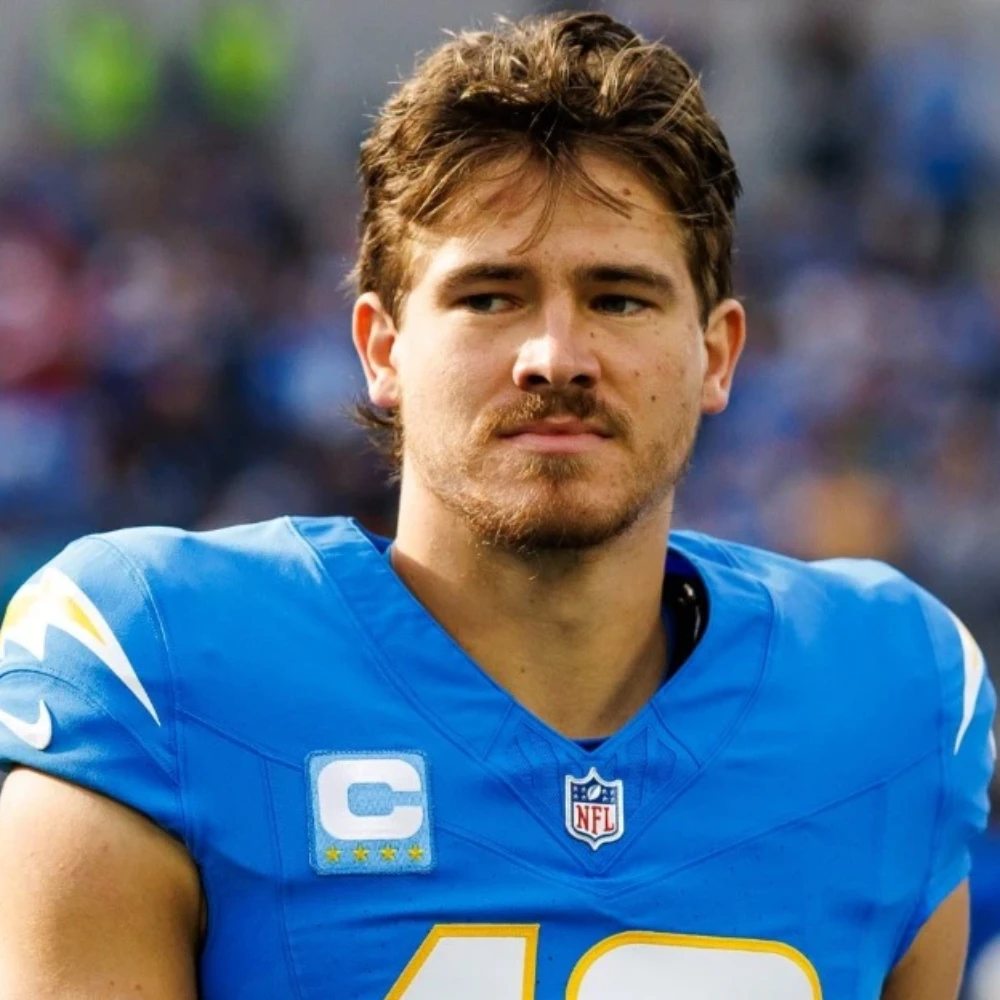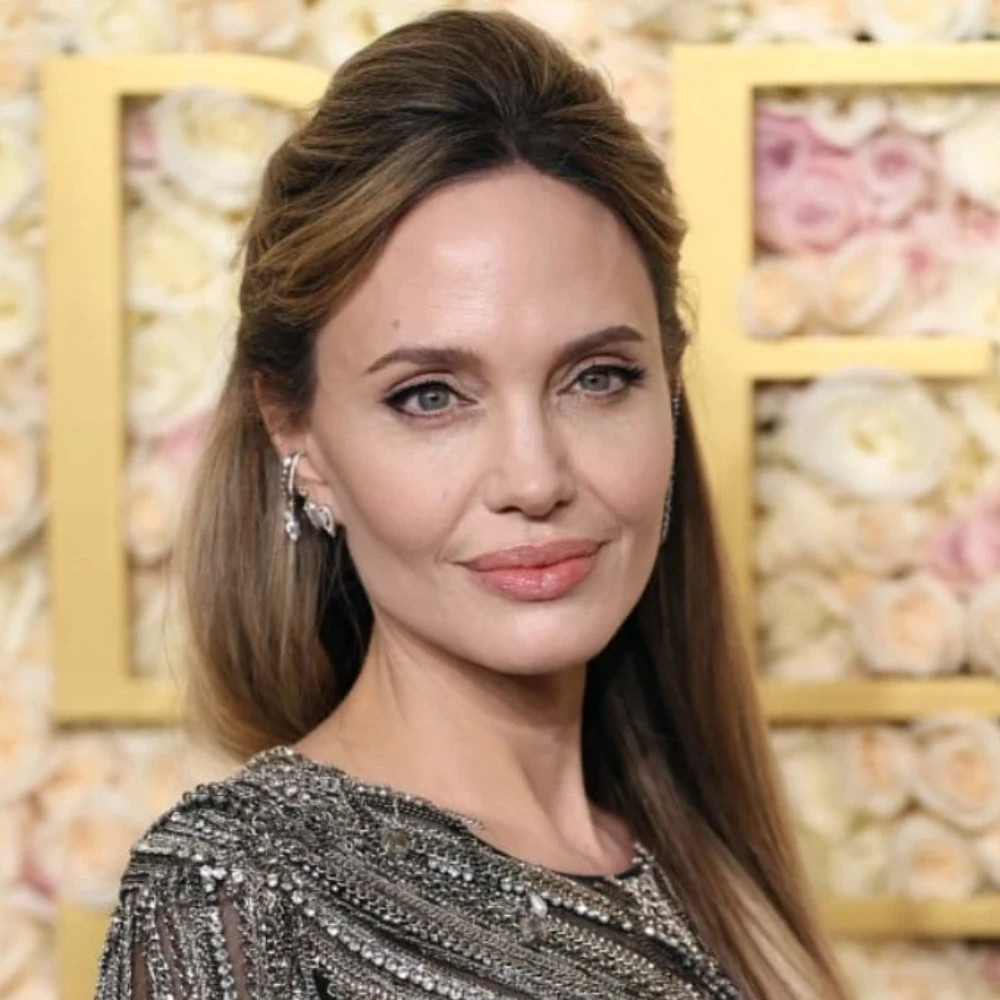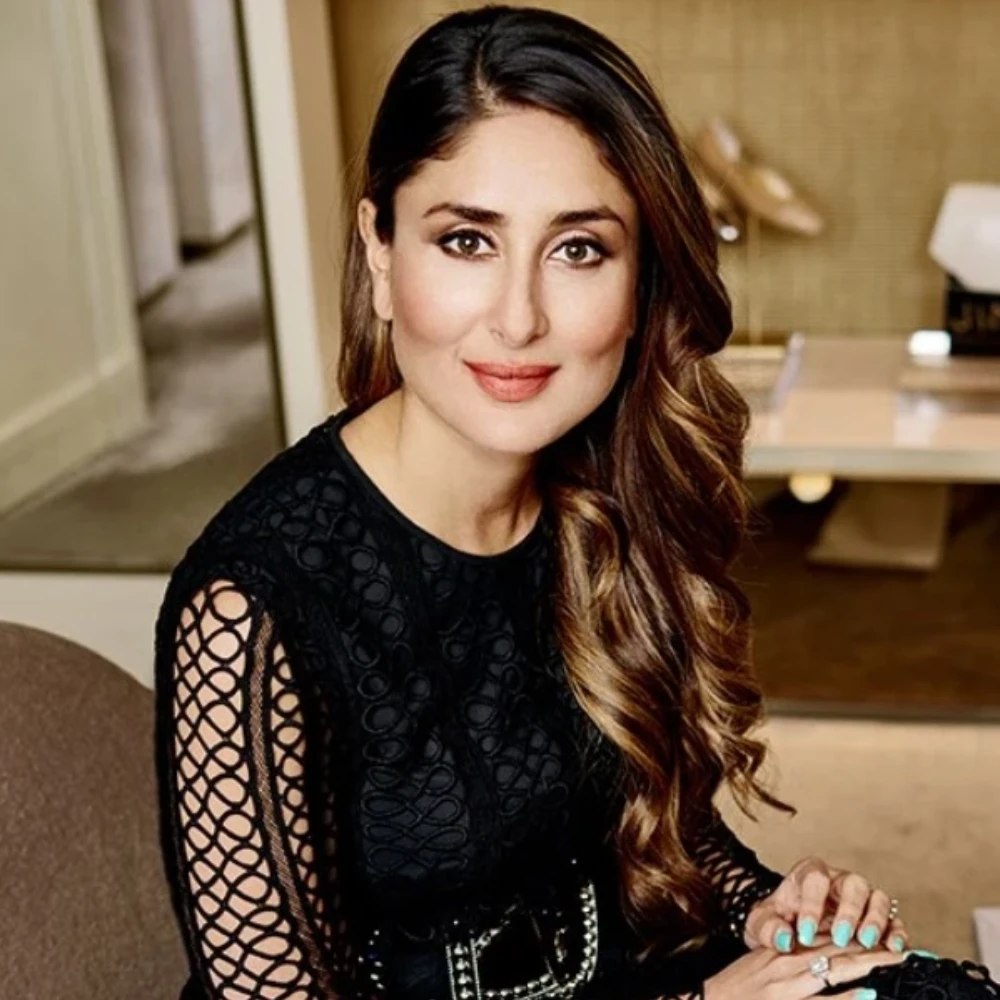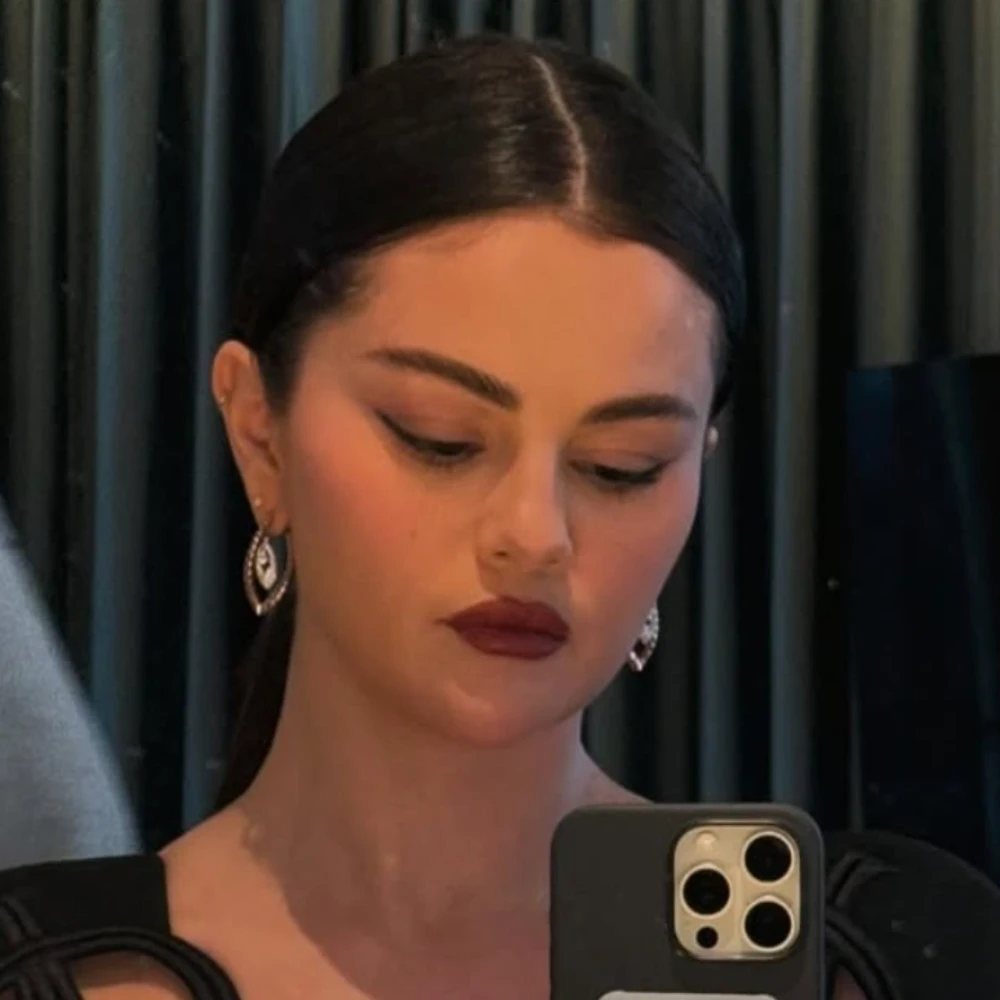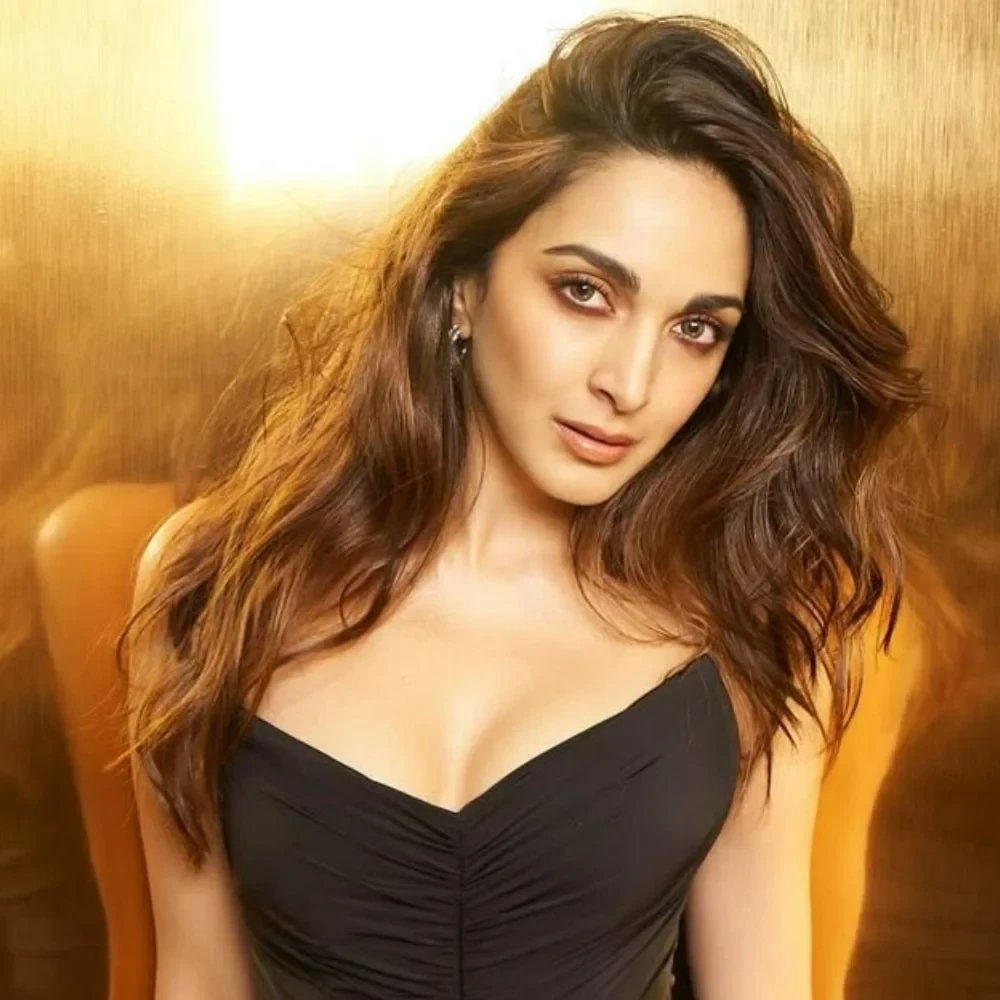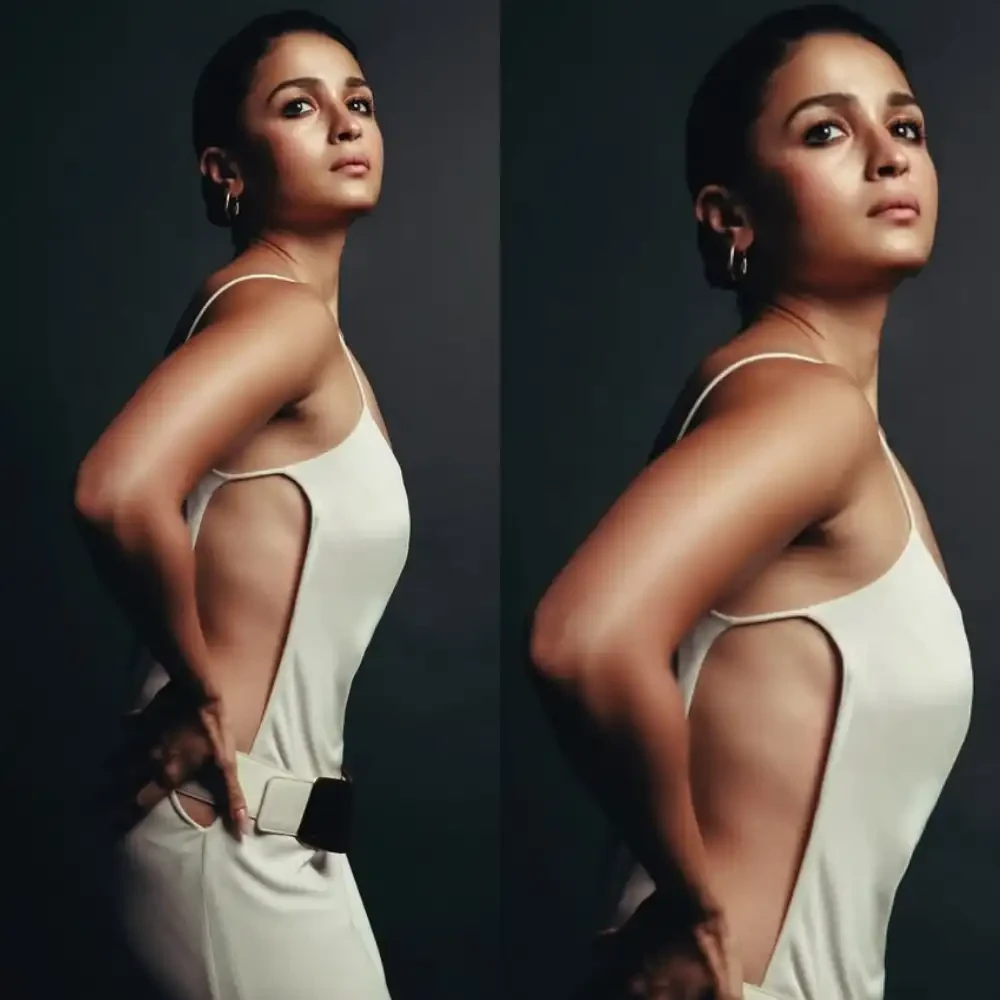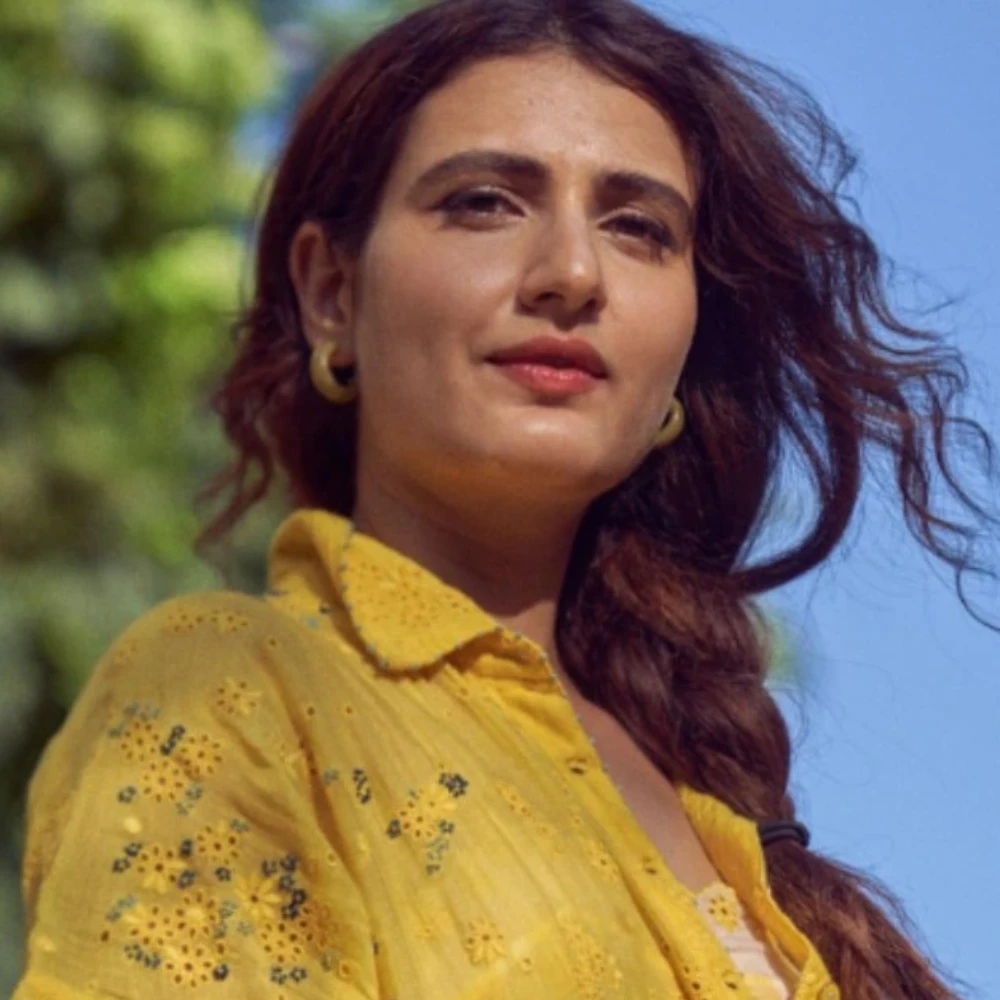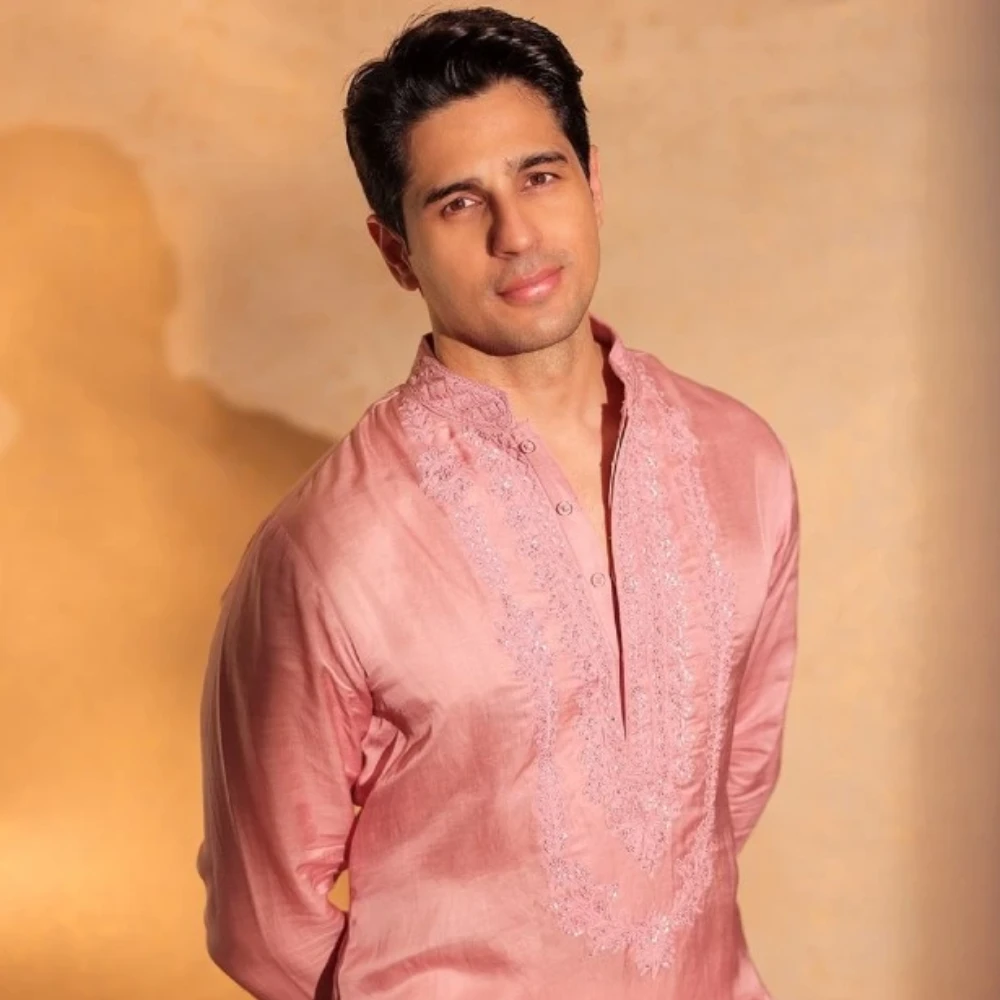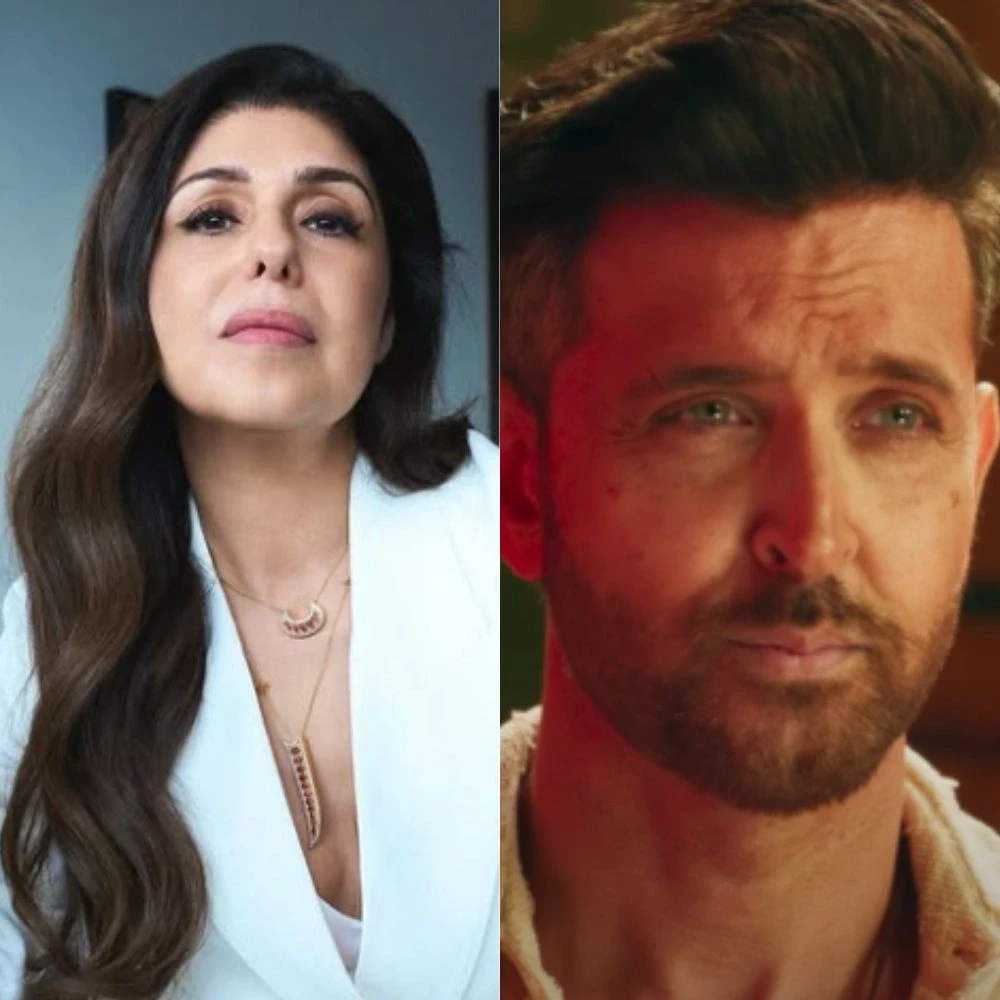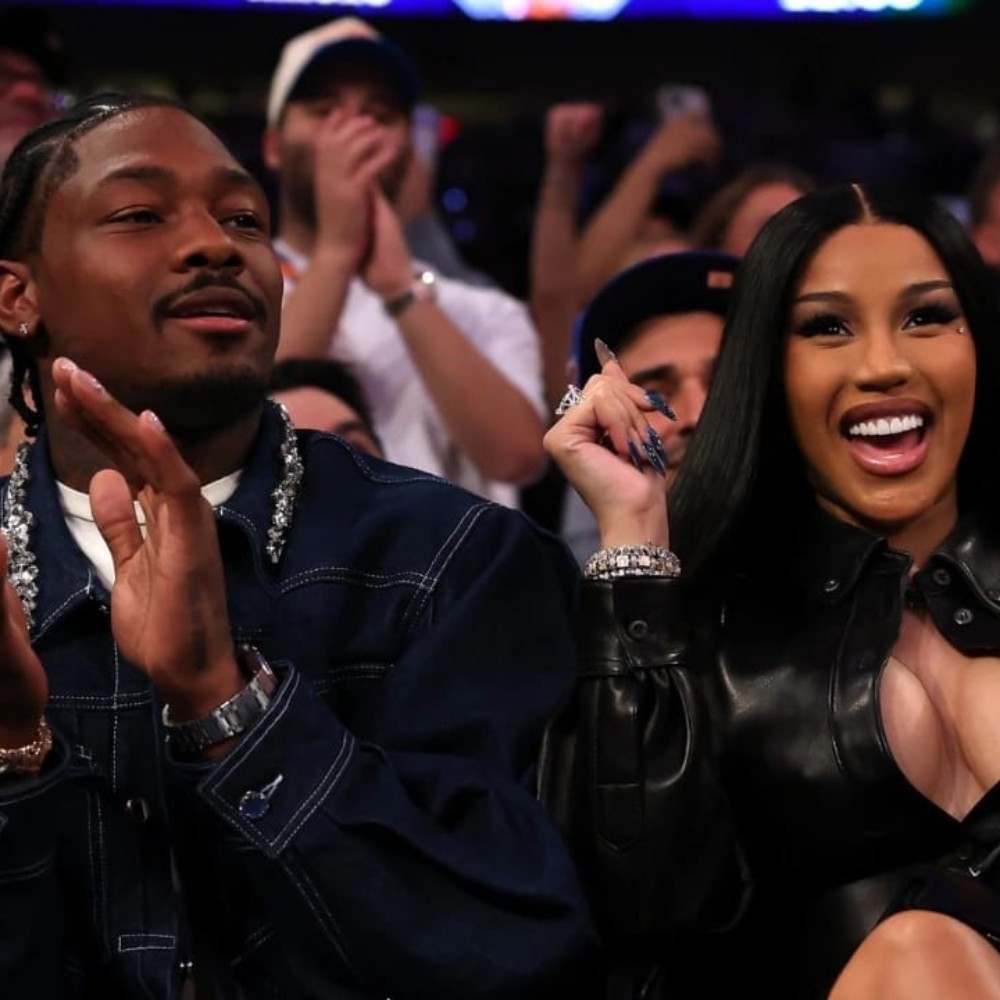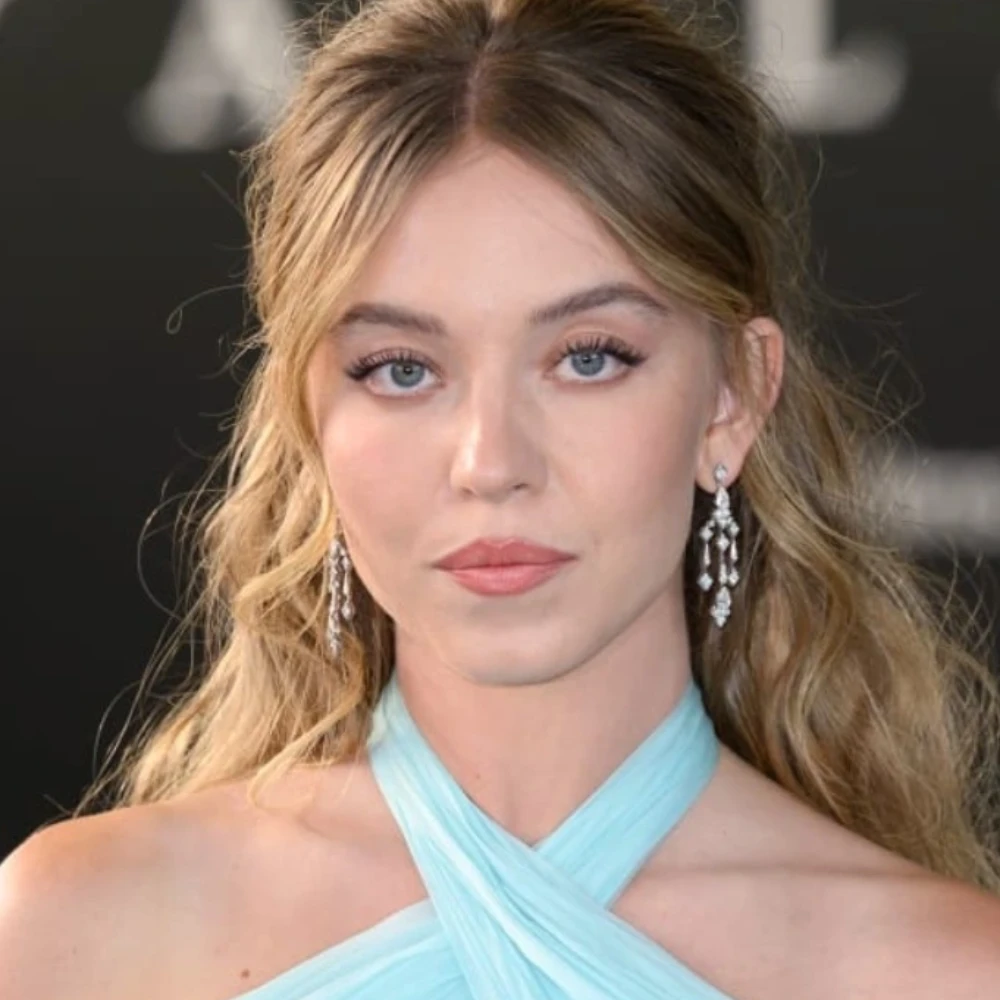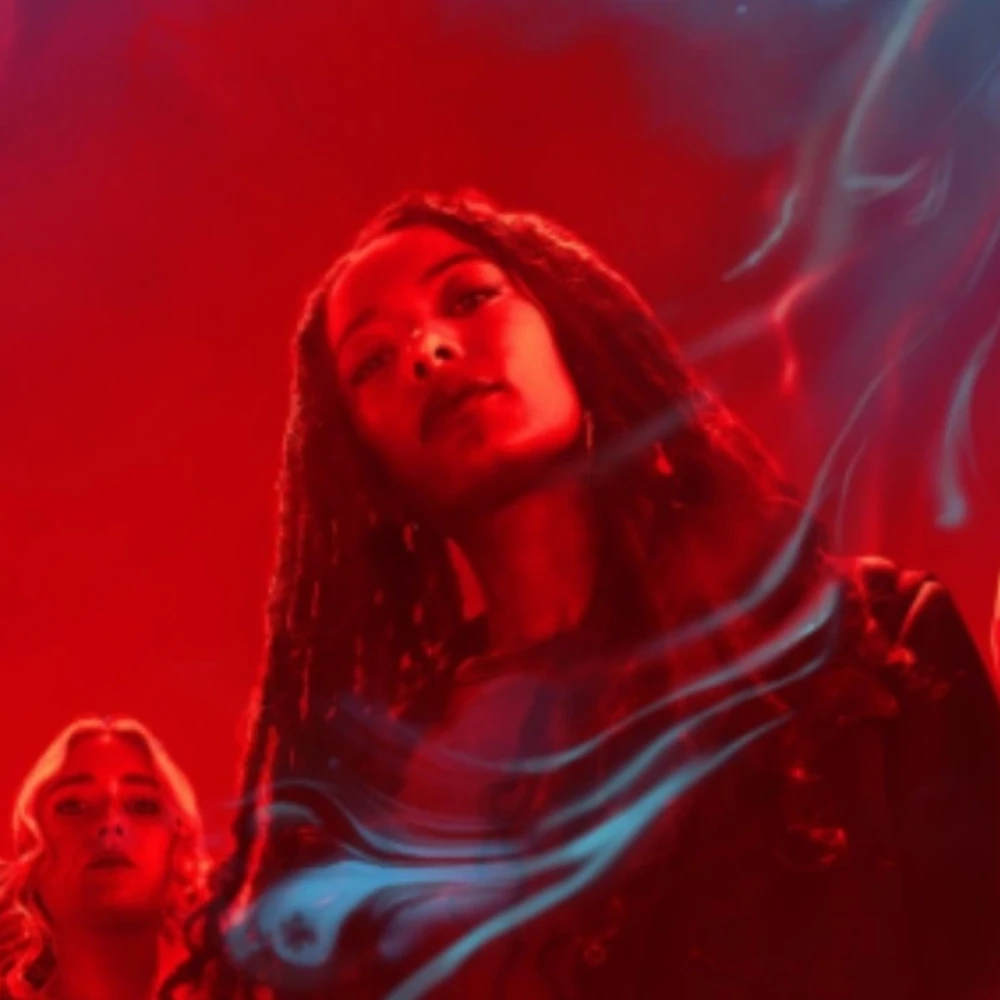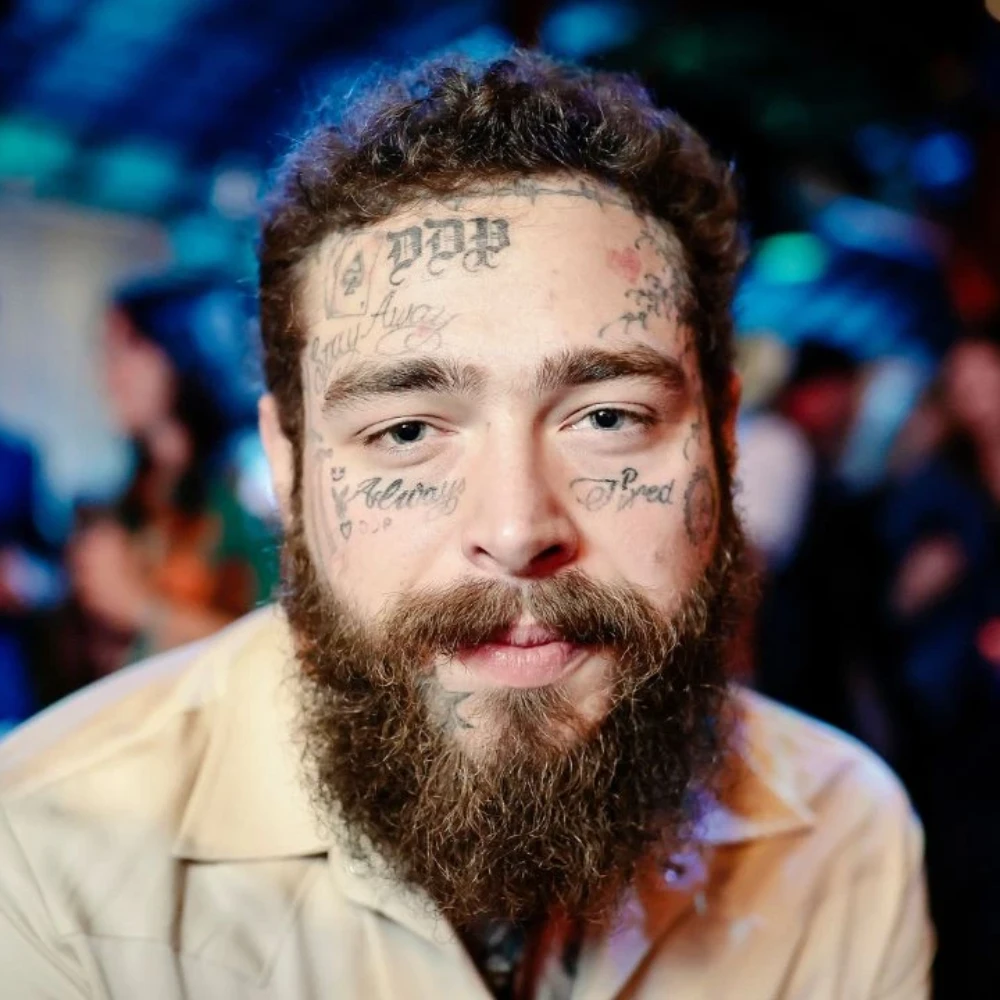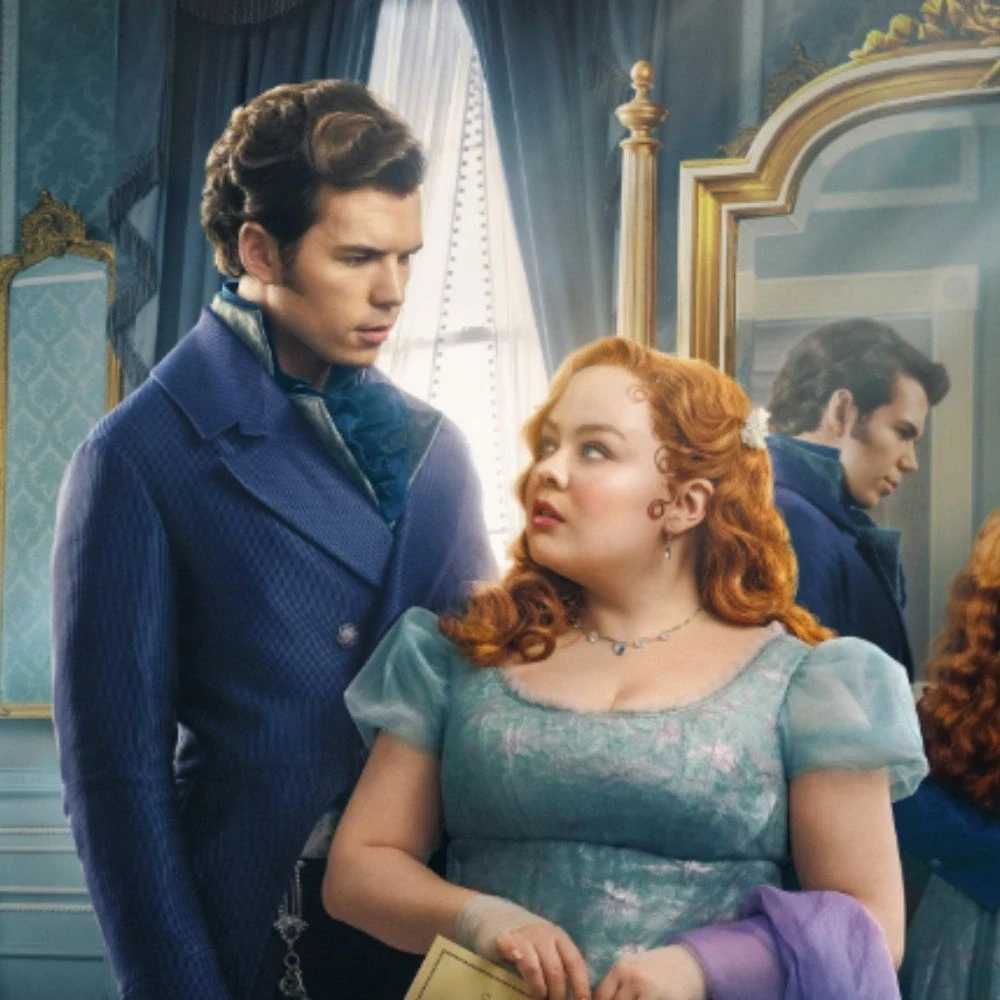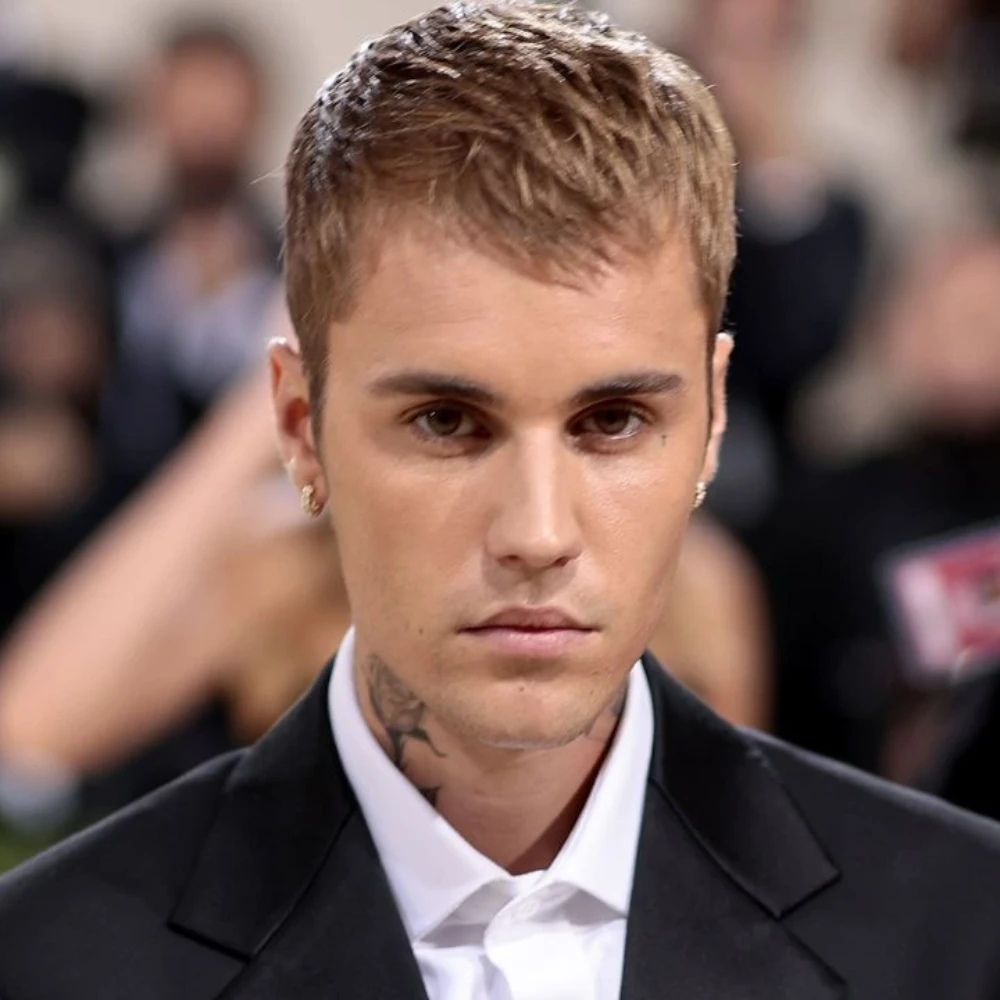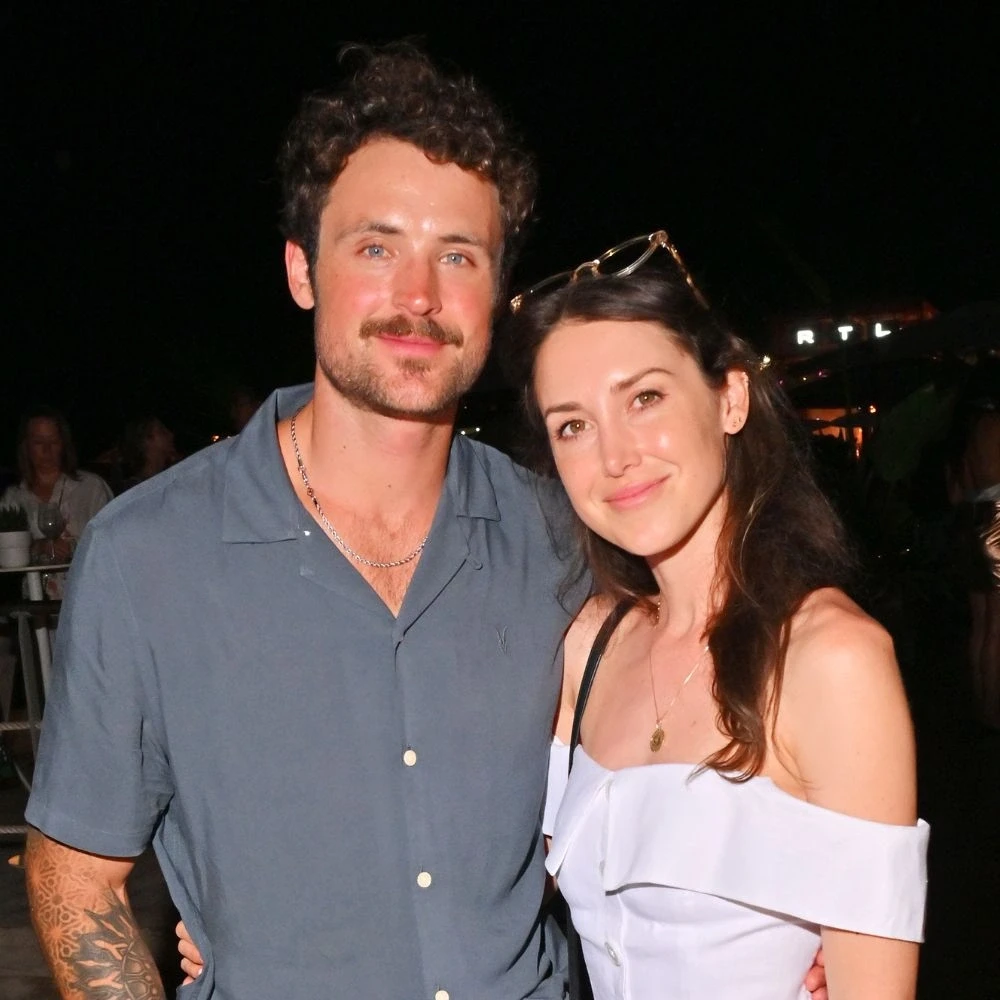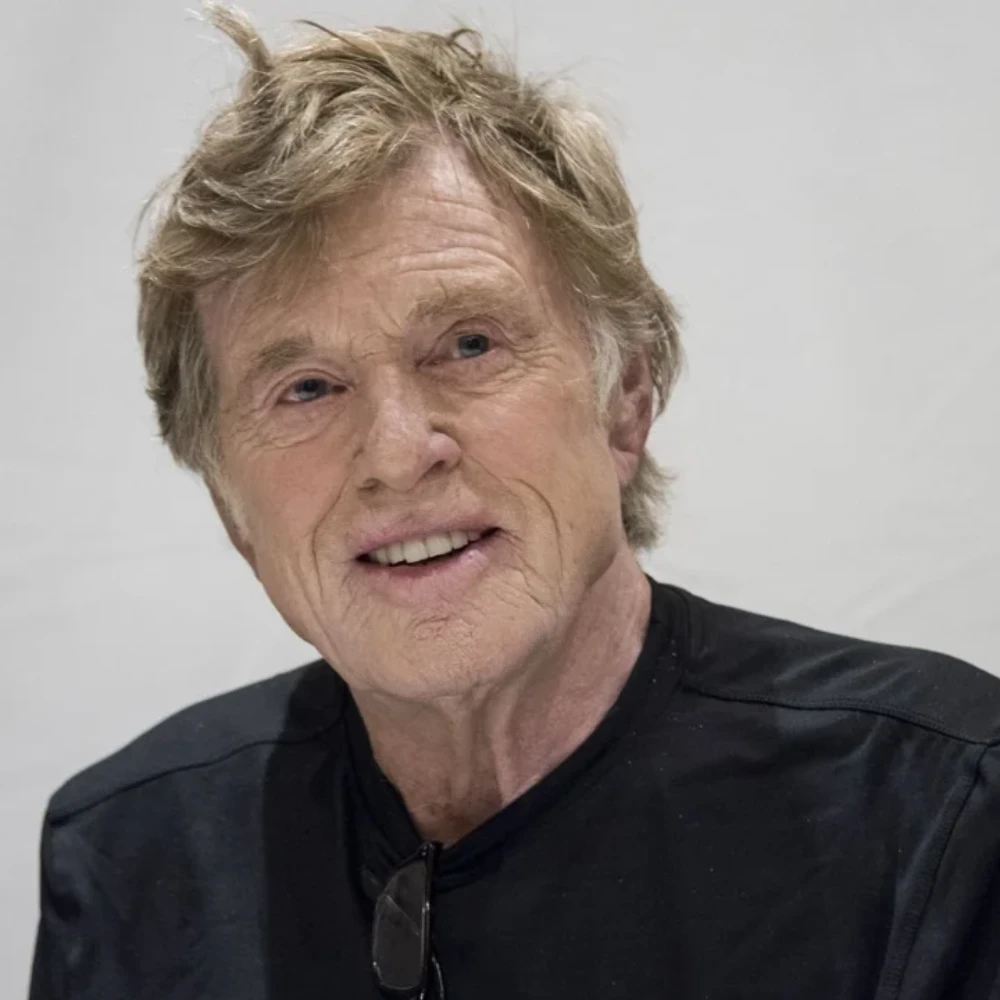10 Biggest Differences Between The Boys Series And Comics
The Boys redefines superheroes with darker characters and significant plot changes from the comics, introducing original characters like Sister Sage and altering key stories for deeper impact.
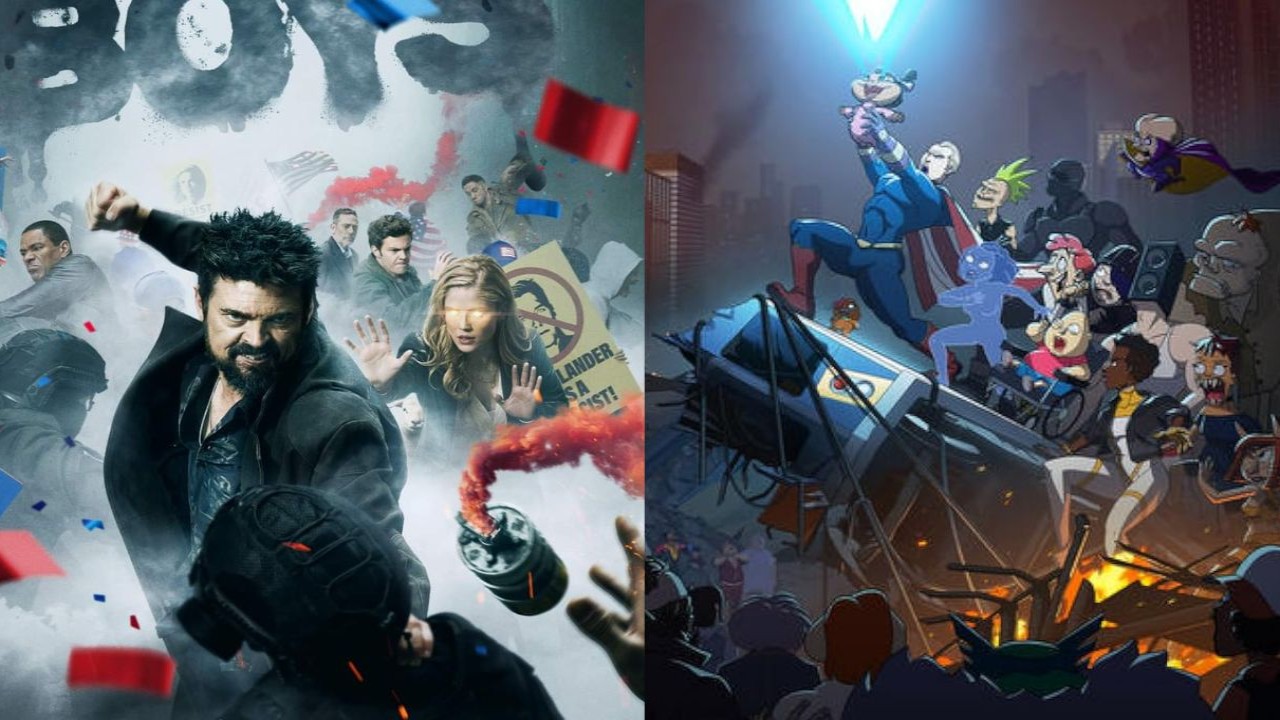
-
Sister Sage, a new character, adds depth and a darker dynamic
-
Ryan's survival and altered storyline enriches Butcher's character
The superhero genre has been revolutionized by The Boys. This Amazon Prime Video hit, based on a comic series by Garth Ennis and Darick Robertson, depicts superheroes more darkly. These heroes, especially the ones in The Seven, use their powers for personal gain and evil purposes. Led by Homelander (played by Antony Starr), who is characterized as evil, The Seven perpetrate horrors upon innocent lives. Against them stands a group called The Boys headed by Billy Butcher (Karl Urban); together they are determined to bring Homelander down. The downside of this approach is that it closely follows comics but some significant changes alter the story.
Sister Sage: An original addition
One notable difference among others in the latest season is the character Sister Sage. Susan Heyward plays Sister Sage who is an intellect with some past connections to A-Train. Homelander includes her in his plan for supe domination. Sister Sage is an original character not coming from the comics.
Intrinsically, its introduction intensifies the show’s narrative depth by enhancing relations between characters like Homelander and Victoria Neuman (Claudia Doumit). In terms of intellectual capacity and dark ambitions, she may be perceived as stronger than Homelander himself.
Ryan's story: A vital change
Cameron Crovetti portrays Ryan which is quite different from the comic book version. The first natural-born supe was Ryan in this season born through Homelander’s rape of Butcher’s wife Rebecca. Initially hidden away, Ryan adds a personal dimension to Butcher versus Homelander enmity.
In comics, Ryan dies when the butcher kills him meaning he doesn’t even survive birth. However, keeping him alive on screen redefines Butcher’s role making it more humane and less morally ambiguous. This change also brings out multiple layers within his story giving him responsibilities alongside creating deep links with the homelander’s feud.
Black Noir: A different identity
Another significant modification is in Black Noir’s identity. In comics, Black Noir is Homelander’s clone with the same powers and intentions. Nevertheless, the series reveals that Black Noir (Nathan Mitchell) is not a clone of him.
Season 3 gives insight into his backstory through flashbacks which shows that he has never been a clone. Thus, this re-definition of black noir impacts the power dynamics within the Seven as he ceases to be a direct menace to the homelander’s supremacy.
Victoria Neuman: A gender swap with a twist
Another character different from her comic book counterpart is Victoria Neuman (Claudia Doumit). The original Victor Neuman, also known as Vic the Veep, was a politician working for Vought. On one hand, The show depicts this person as female and adds an unexpected element; Victoria herself is a supe called The Head Popper.
This creates suspense in her life making her one of the most dangerous enemies in the series. Victoria becomes more significant when she collaborates with Homelander to conquer the world thereby becoming one of those central figures in terms of plot development.
Component of Compound V
Compound V, in the series, is a rare drug that gives superheroes intense happiness as evident in characters like Popclaw (Brittany Allen) and A-Train. Temp-V, which is also used by The Boys, is another form of Compound V that grants them powers for a limited period so that they can fight against powerful supes like Victoria Neuman, Homelander, and others.
In the show, the distribution of Compound V is controlled by Vought who decides who to give it for the creation of new heroes. Moreover, there are instances when Compound V leaks into nature and affects animals’ abilities driving them to have horrific capabilities.
On the other hand, the effects of Compound V in the comics can be passed on from one generation to another genetically making some superheroes be born with superpowers outside the influence of Vought.
Flight 37: A dark incident
The dark incident of the infamous Flight 37, when Homelander and Queen Maeve (Margaret Shaw) abandon passengers to die, has different origins between the television series and comic book. In comic books, referring to the September 11 attacks, where supes hijacked a plane and diverted it to Brooklyn Bridge causing another disaster.
This alteration shows how reckless The Seven can be in comics whereas in the film it is about lack of heroism on behalf of Homelander. It would be impossible for the comic storyline to fit into the present-day setting of the series thereby necessitating that change.
Mother's Milk: A unique character writing
In this case, Ryan is distinguished as being the sole natural supe while others are not. However, in comics, Mother's Milk (Laz Alonso) is a baby who has powers because his mom was exposed to Compound V when she was carrying him.
He is super strong but his name comes from having been forced by an infected mother to have her breast milk which seems the weirdest reason that he survived up to now.
These weird traits were excluded from Mother’s Milk’s character in an adaptation where he is shown as a tough person who cannot easily be defeated. However hard it may seem, putting such strange things into the series development will take you by surprise.
The Deep: A revolting character transformation
Chace Crawford’s portrayal of The Deep differs greatly from what we see in comics. In most cases there was a curse on him: The Deep wore helmets all the time thus making him one of those background characters with not much influence on the plot at large.
His arc involves a controversial attack on Starlight among others while it’s completely omitted in the original version wherein Homelander, Black Noir, and A-Train are responsible for this assault whereas The Deep has nothing to do with it at all.
All other things remain constant about him; old deep remains more refined than many members of the seven.
Kimiko's transformation
One of the most notable changes involves Kimiko, also known as The Female (Karen Fukuhara). In the show, Kimiko’s powers are derived from her time as a child soldier in the Shining Light terrorist group where she received Compound V to create worldwide supervillains.
On the other hand, it is comics that have given Kimiko an ability by feeding her with Compound V when she was a kid. Nonetheless, the comic book shows that Kimiko has selective mutism due to trauma while she has not had any spoken lines on screen apart from breaking the fourth wall since her introduction in this TV series.
Stormfront's reinvention
Stormfront (Aya Cash) The Boys season 2 introduces Stormfront who is associated with Nazis. While similar to comics, there are some differences concerning her origin and powers. For instance, whereas in comic books Stormfront is a man; this television show depicts him as a woman.
As a result, this shows gender modification which is a good thing considering more percentage of their cast is composed of male actors. Payback has been changed to Soldier Boy (Jensen Ackles) in this adaptation and the comic Stormfront followed Queen Maeve, unlike the TV series where his relationship with the Homelander becomes complicated thus adding depth to him.
These changes highlight how creative direction enhances narrative structures while respecting original works. The Boys continuously captivates viewership through its daring approach to the superhero genre.





 JOIN OUR WHATSAPP CHANNEL
JOIN OUR WHATSAPP CHANNEL

